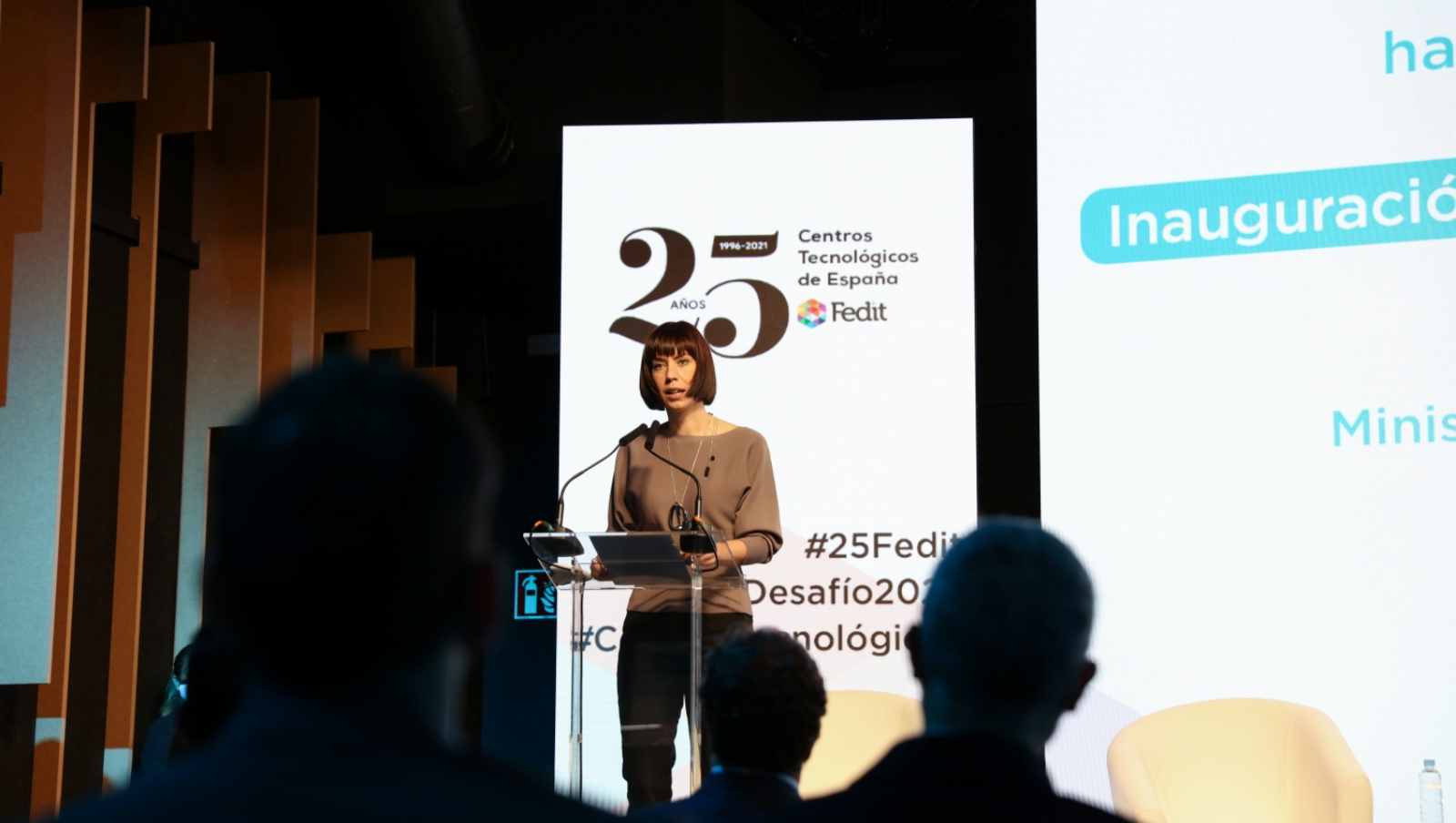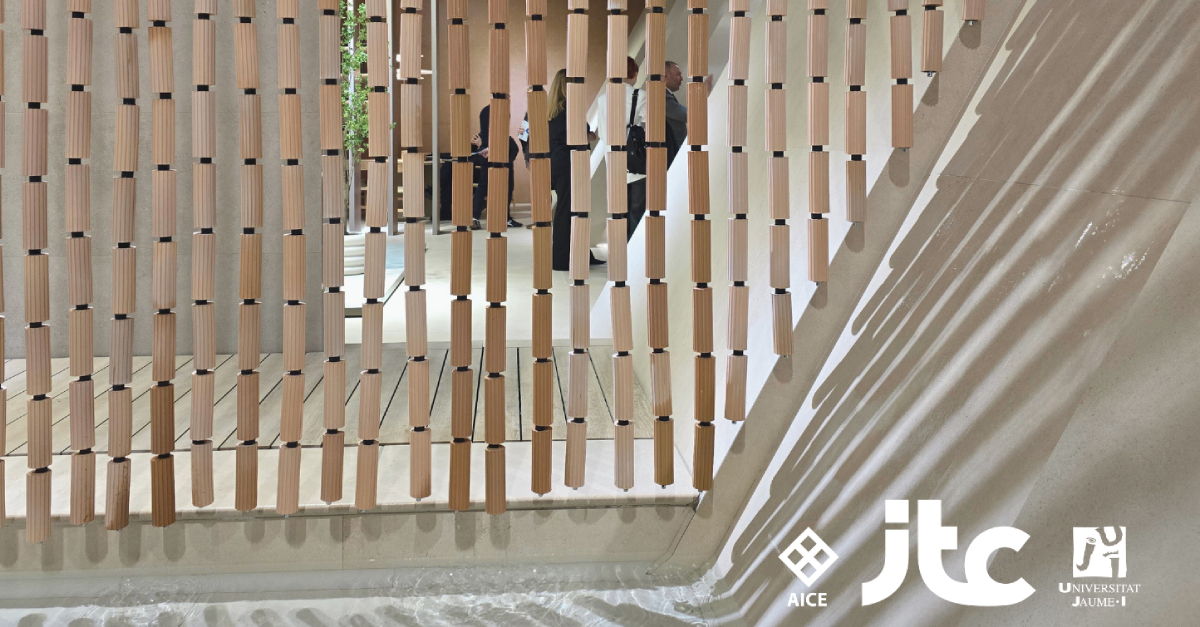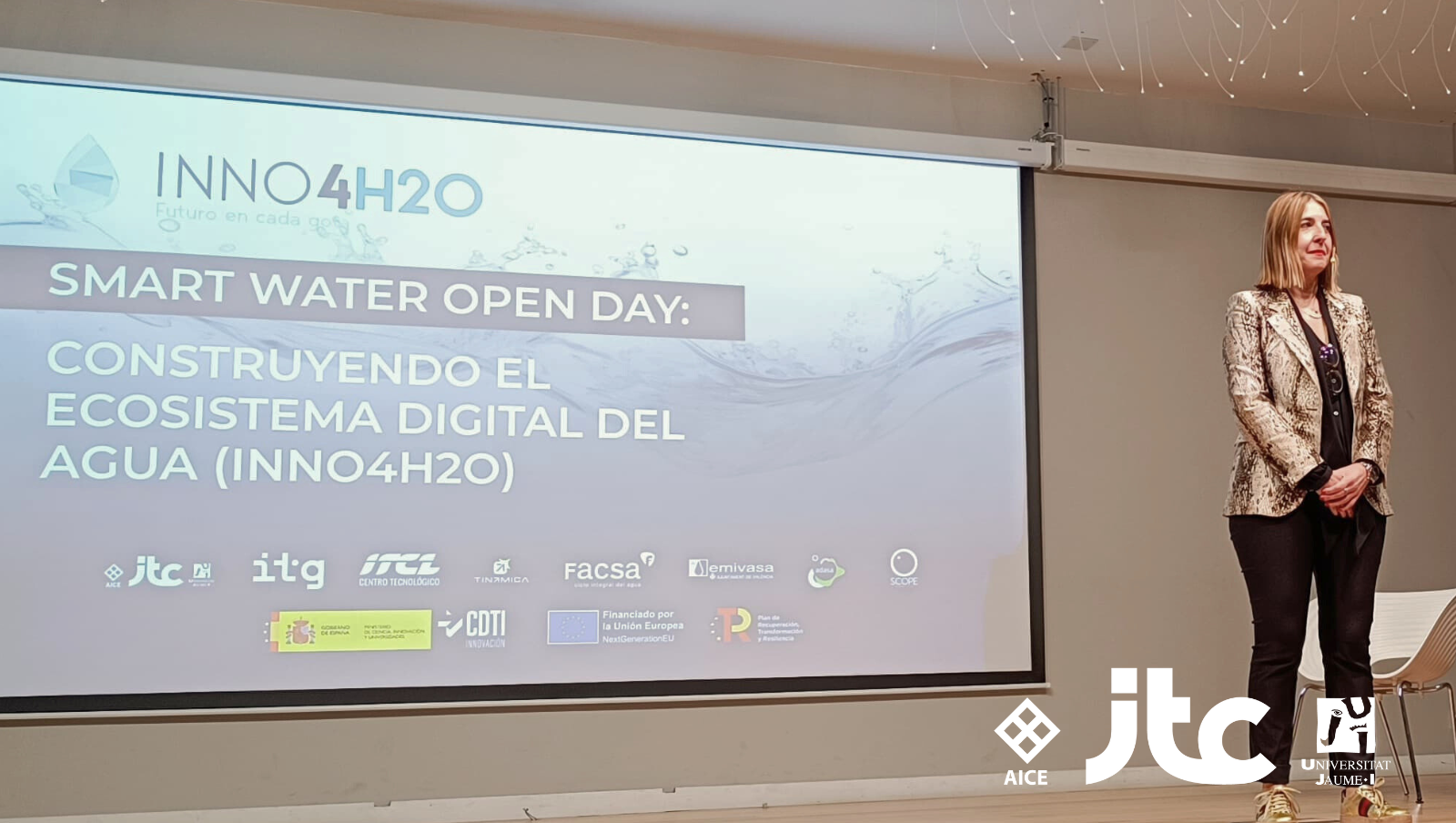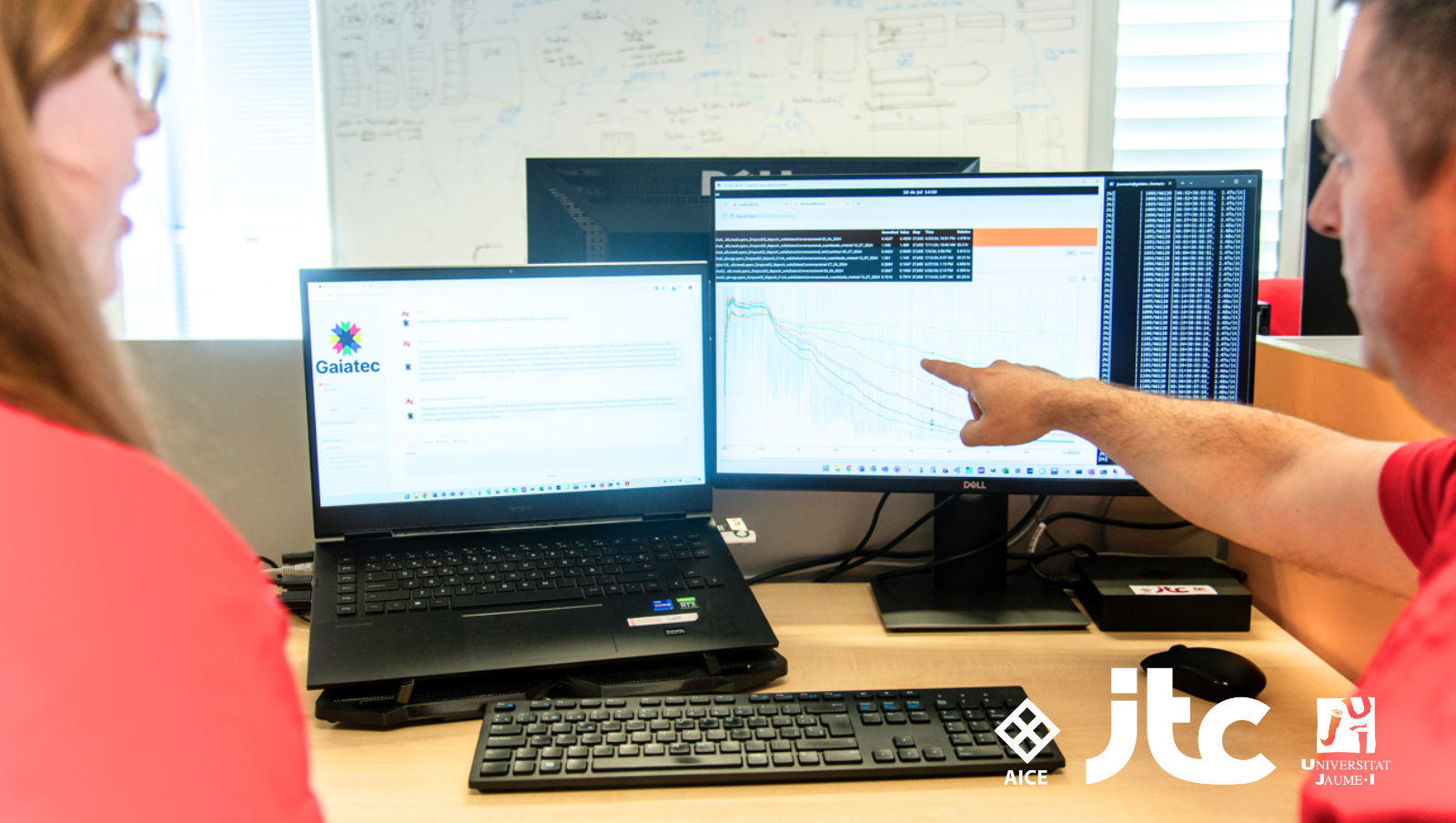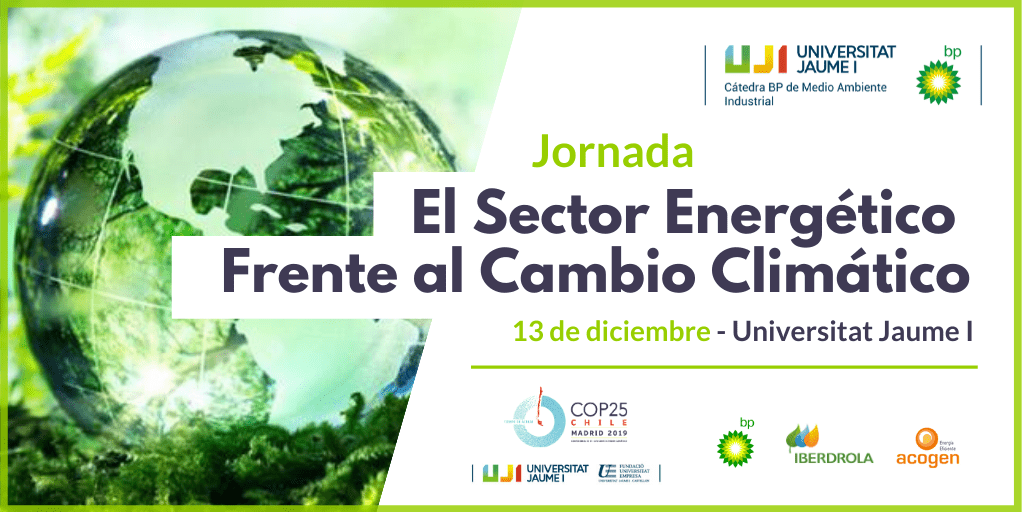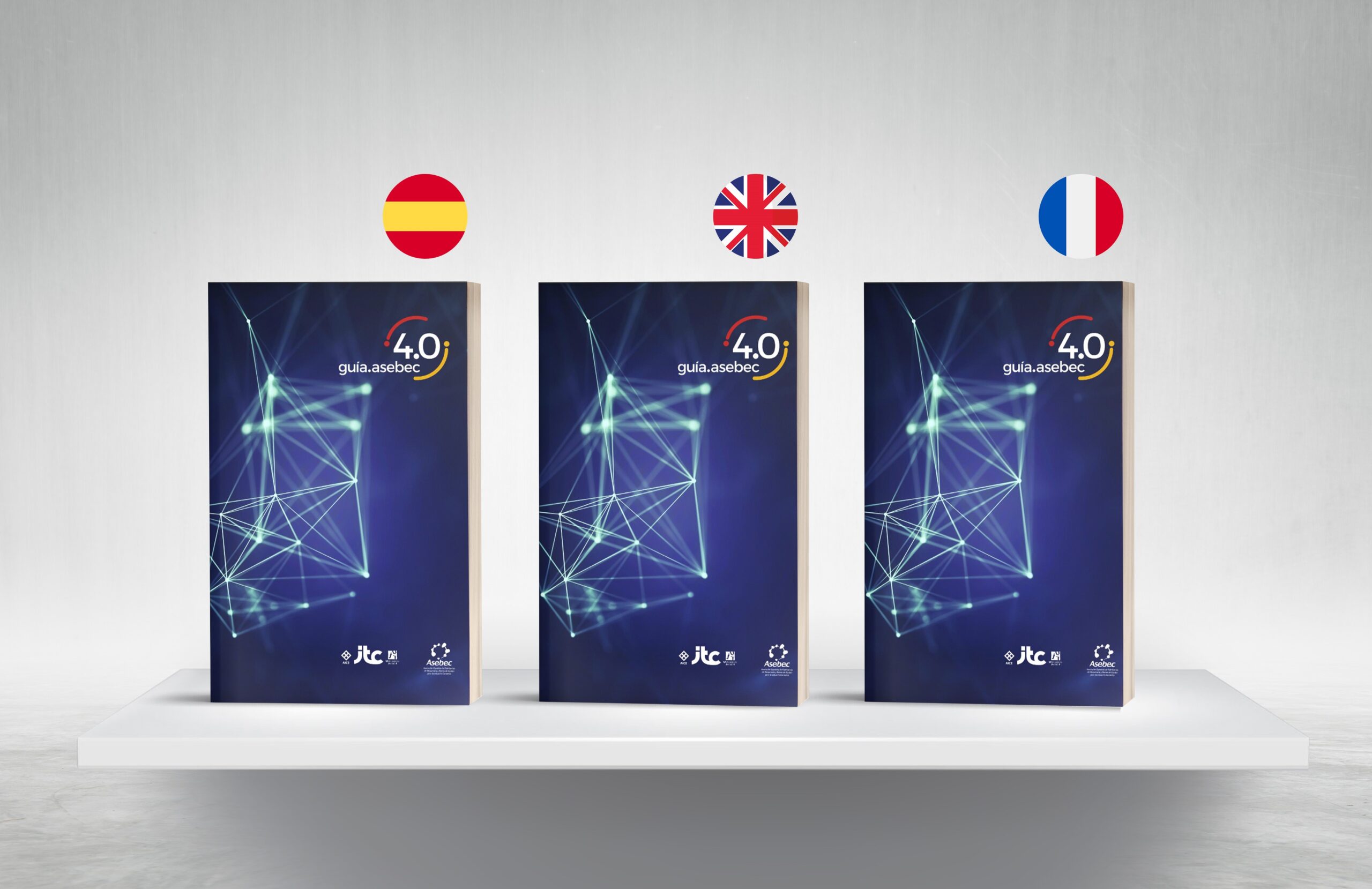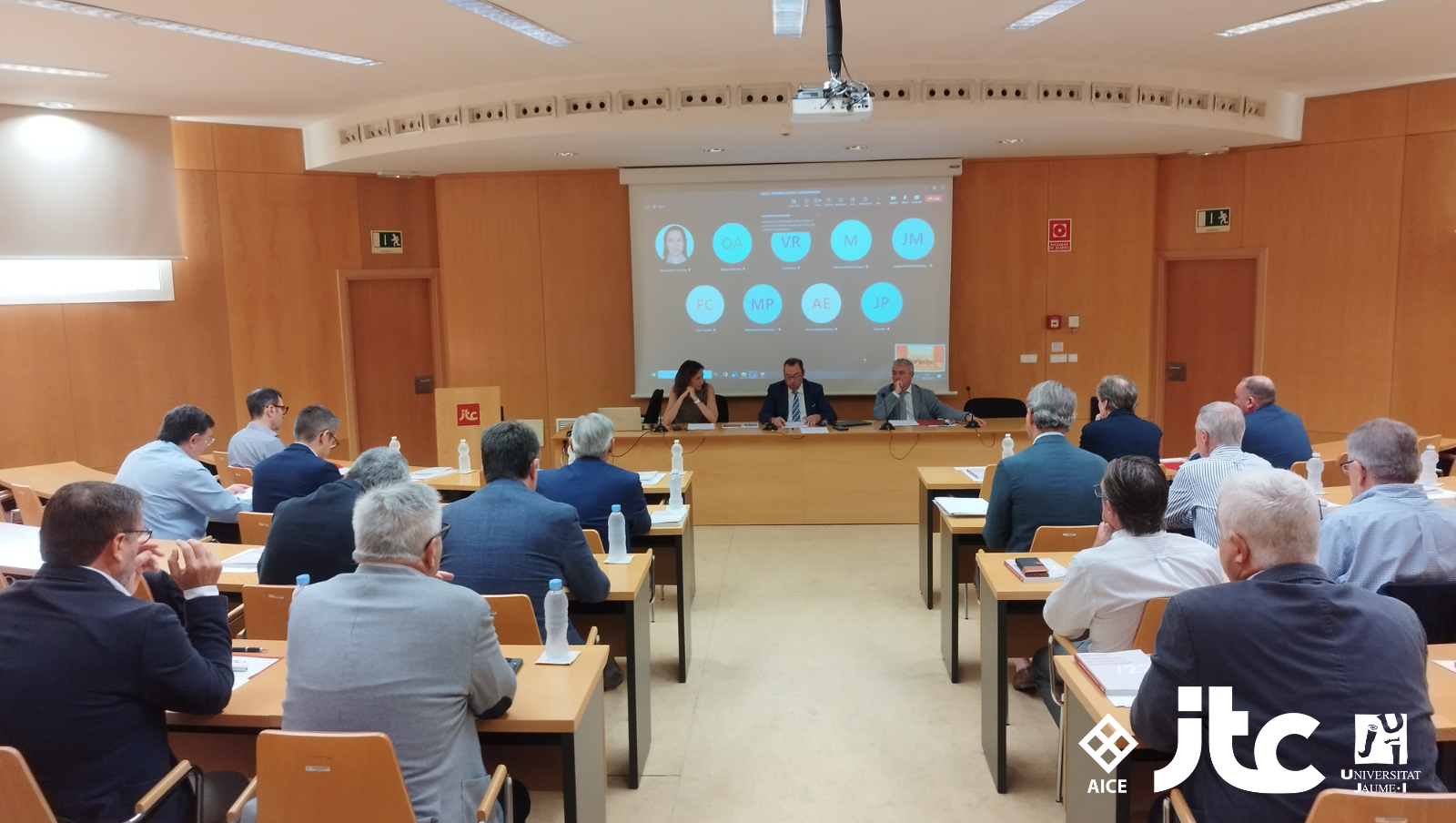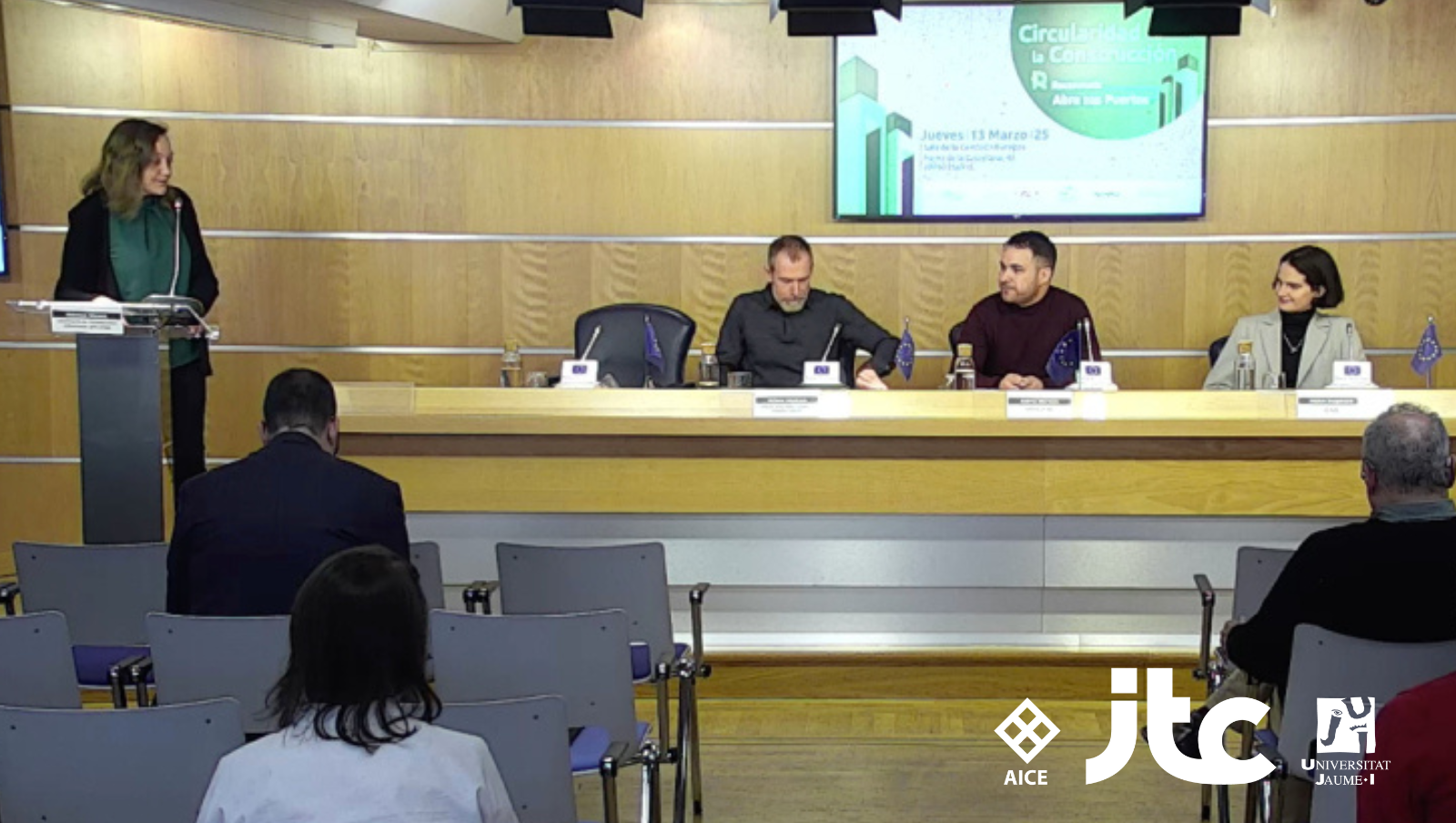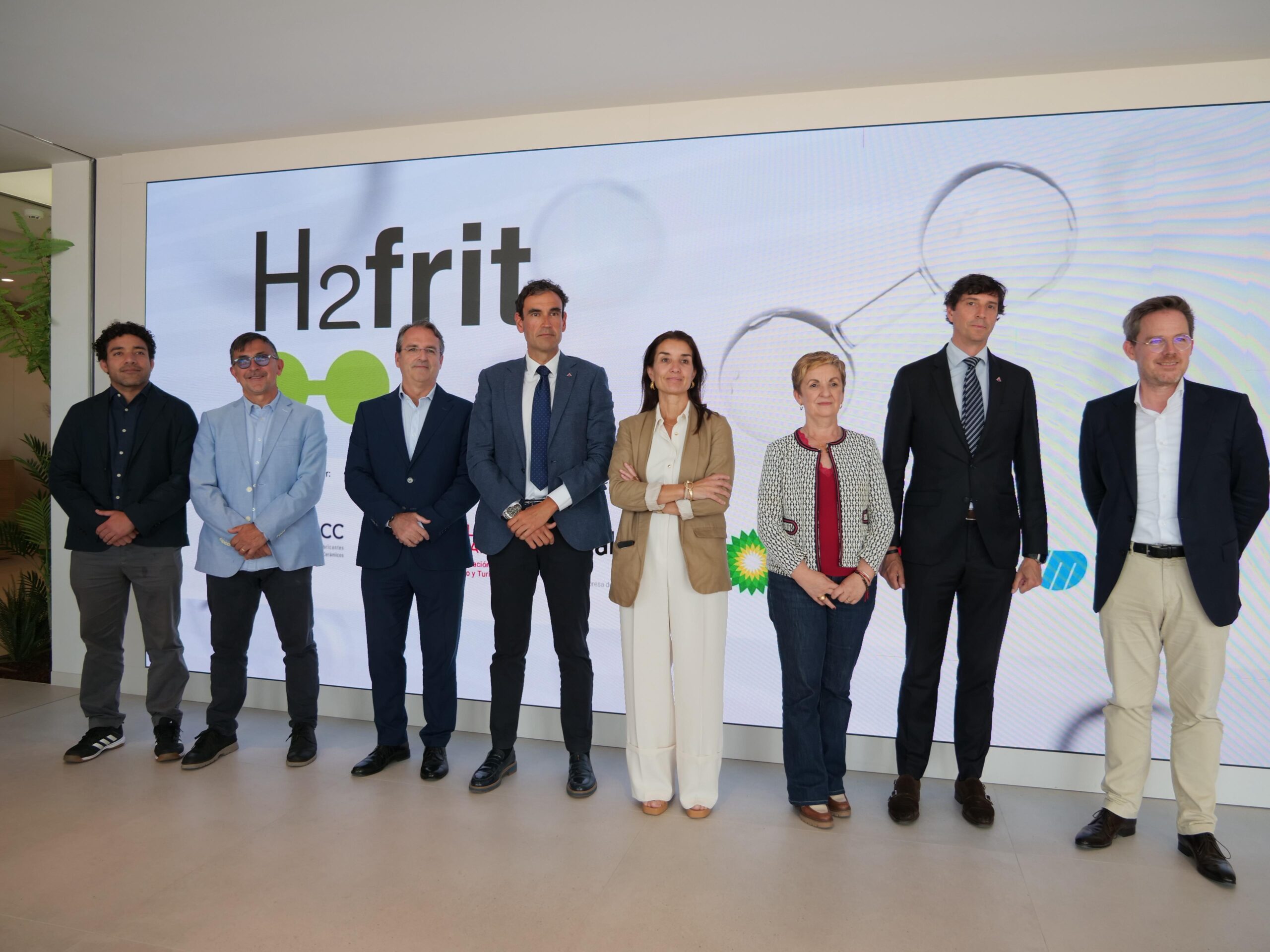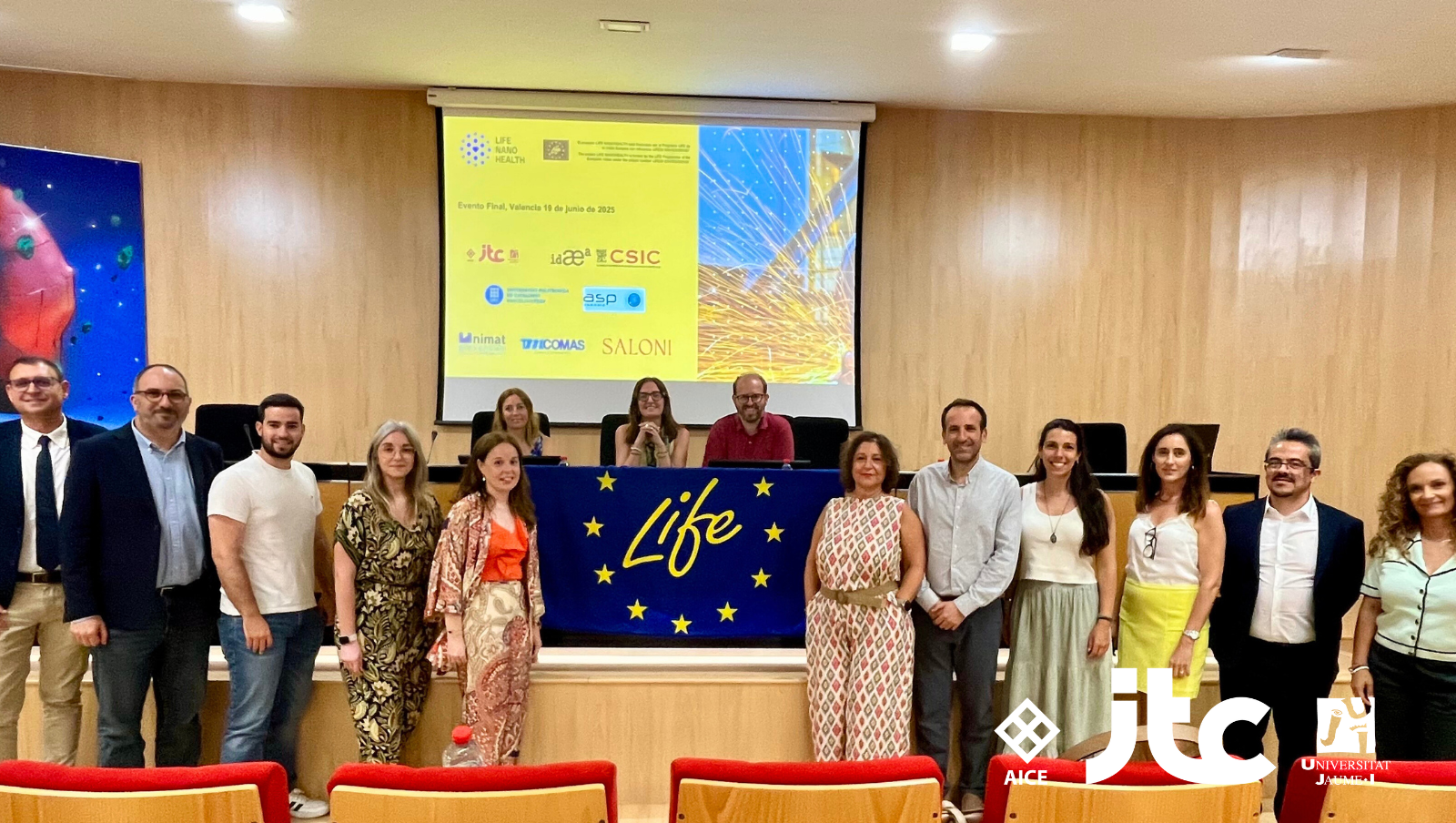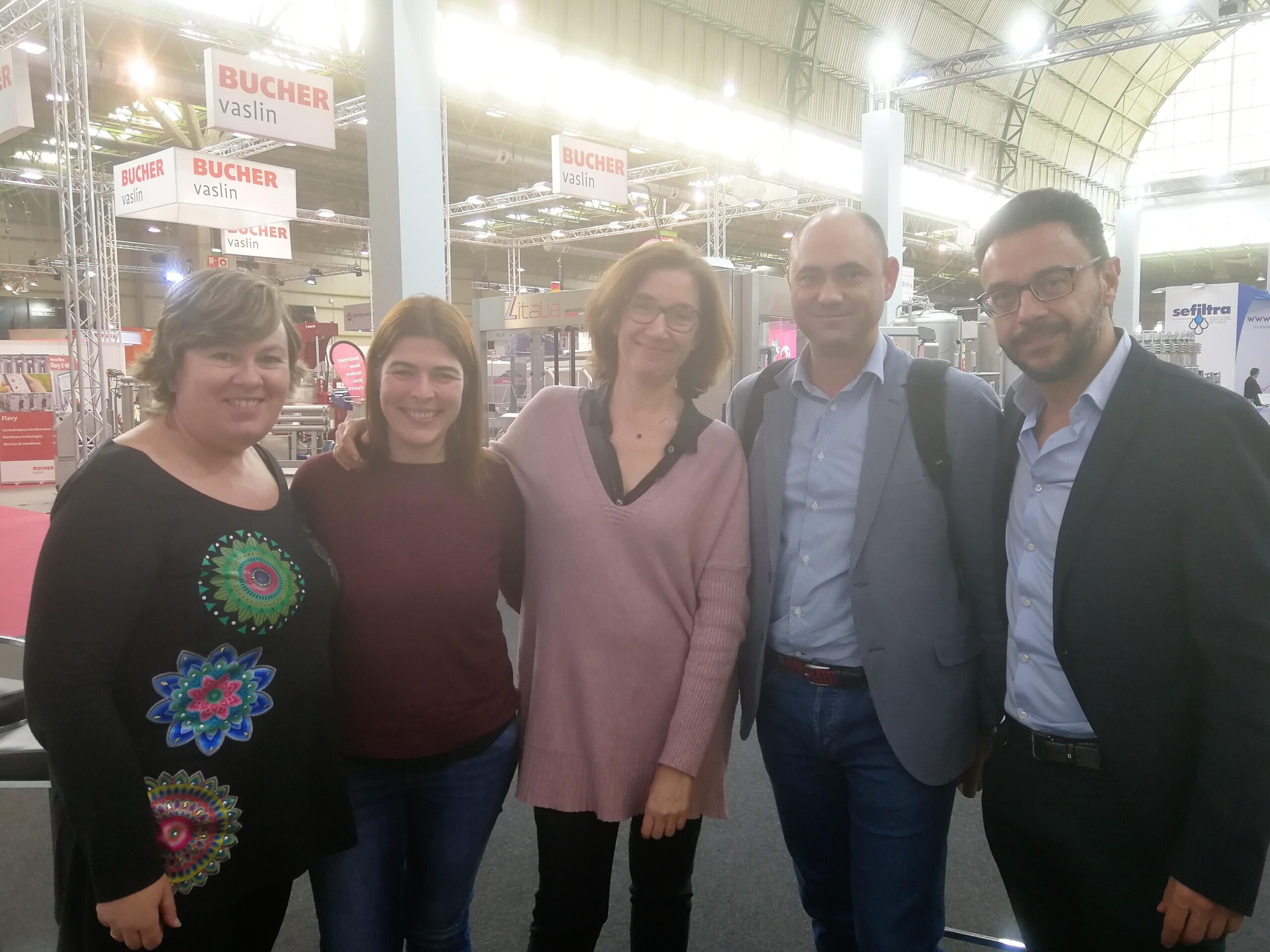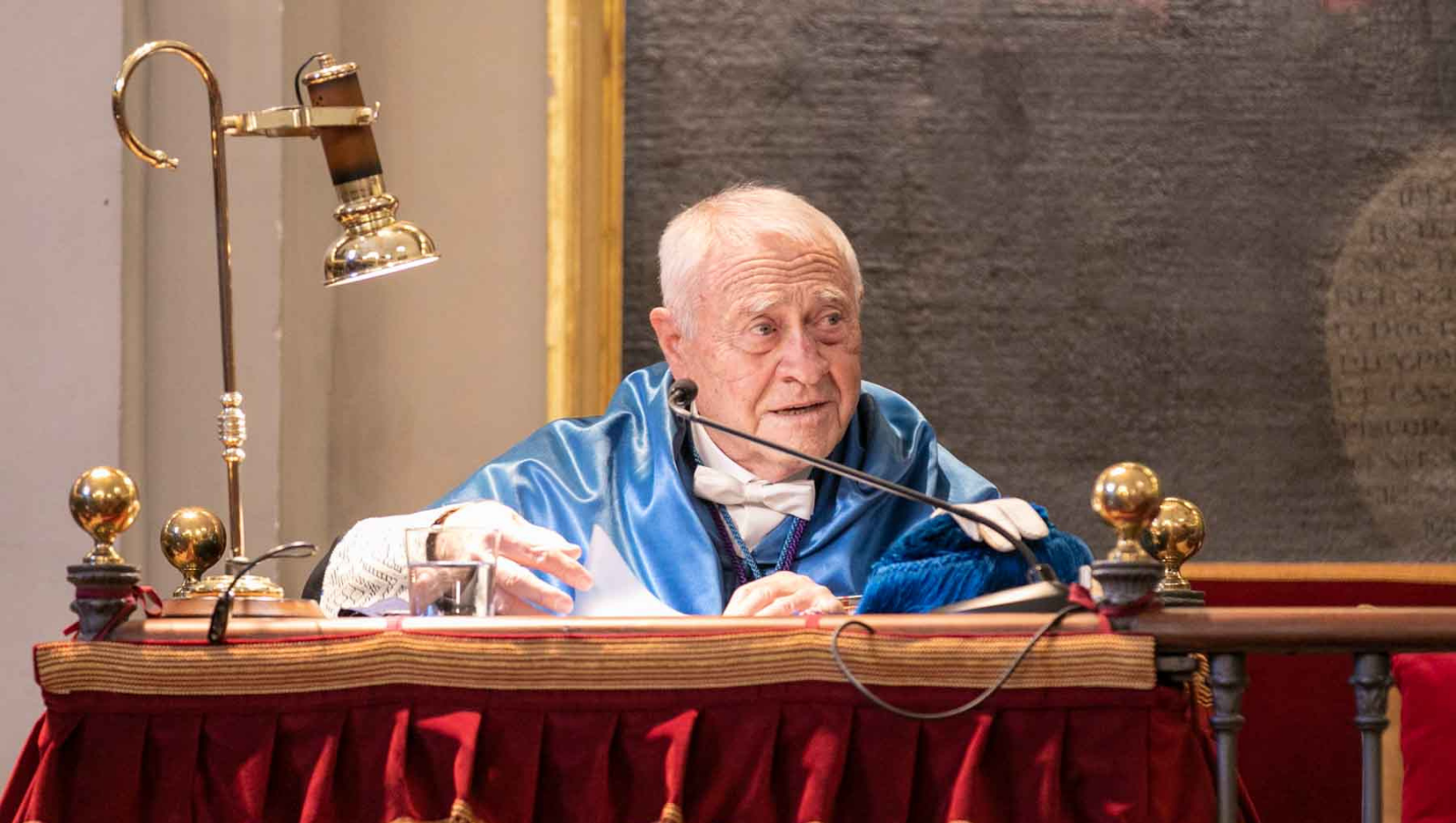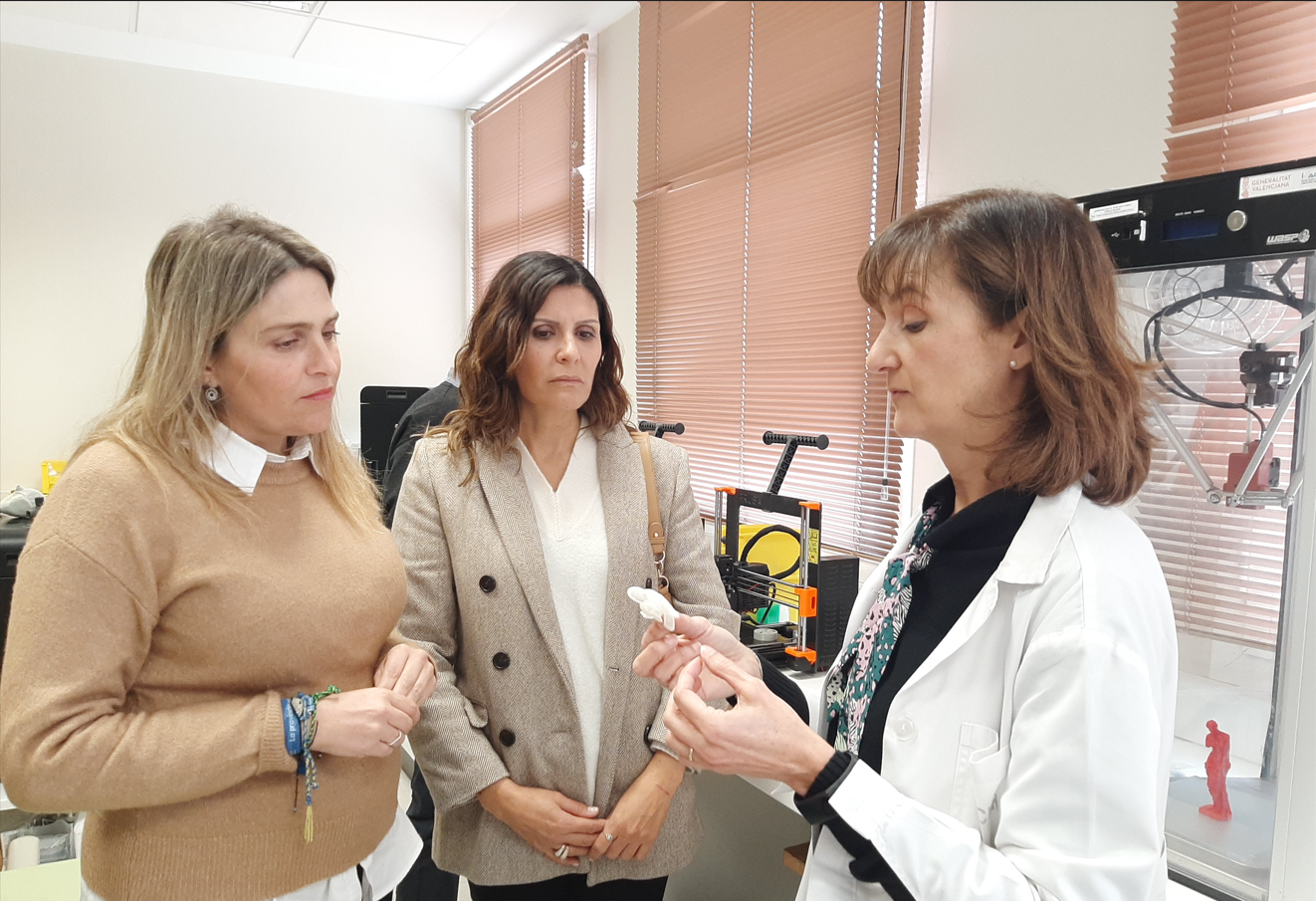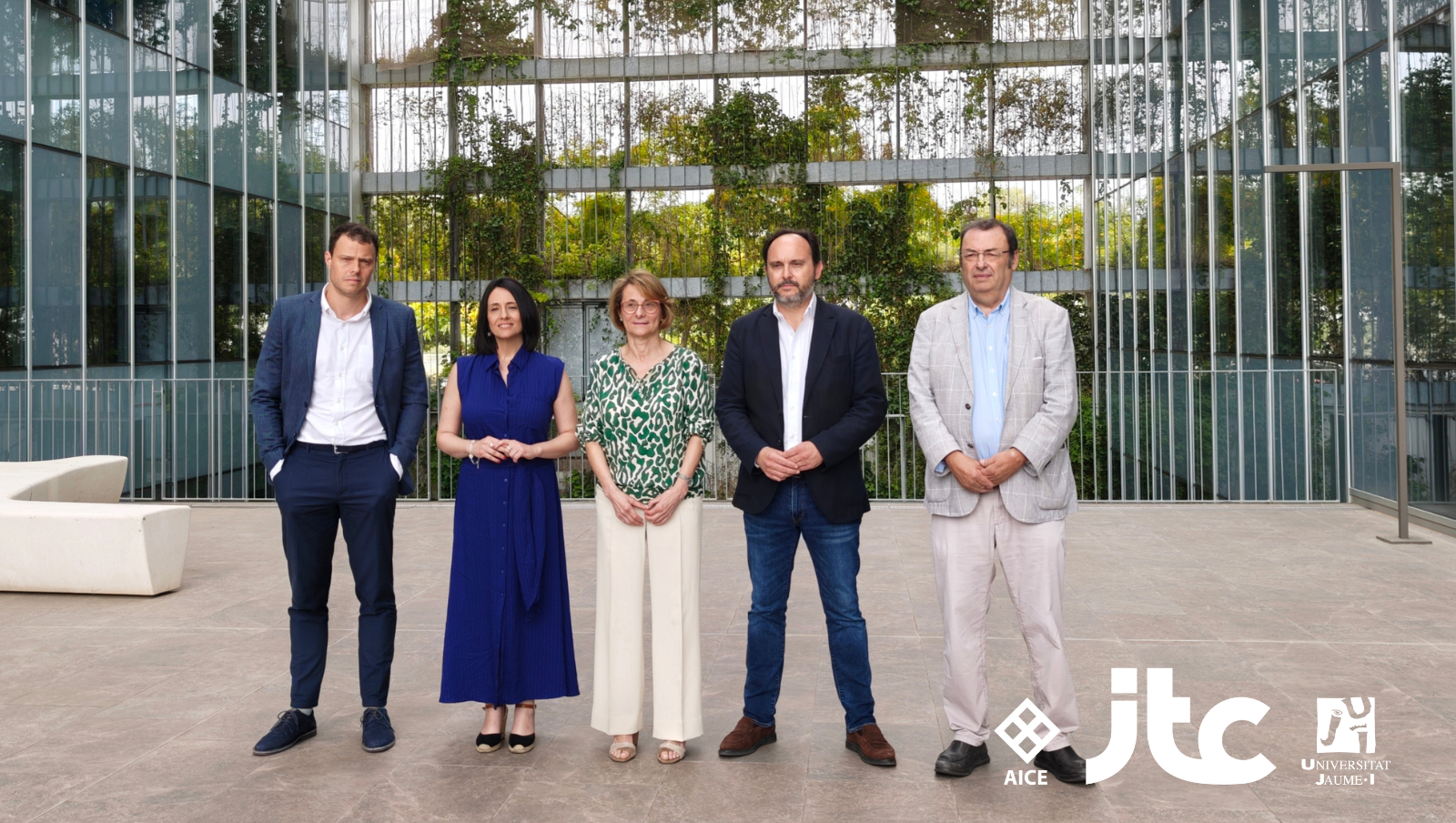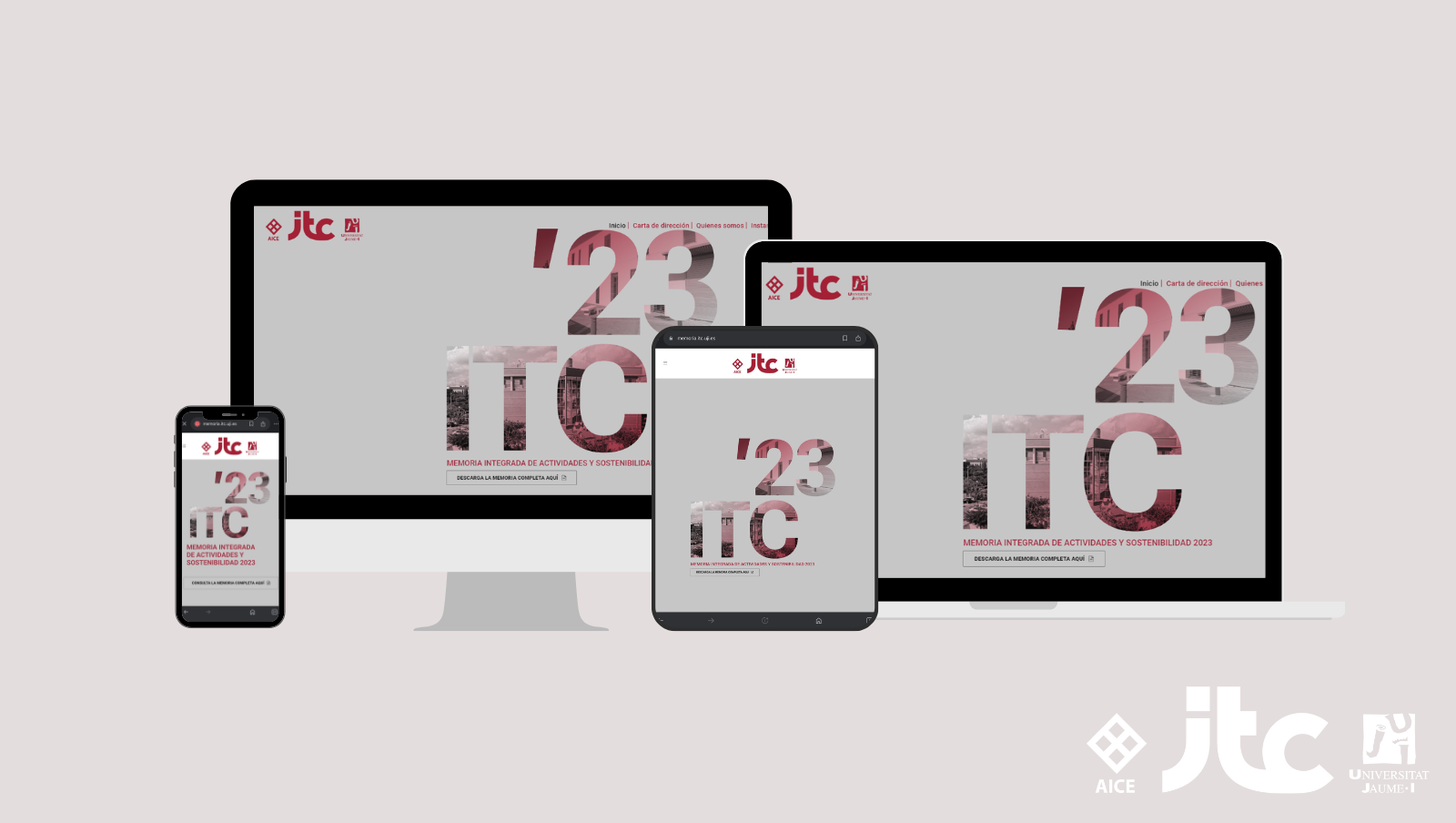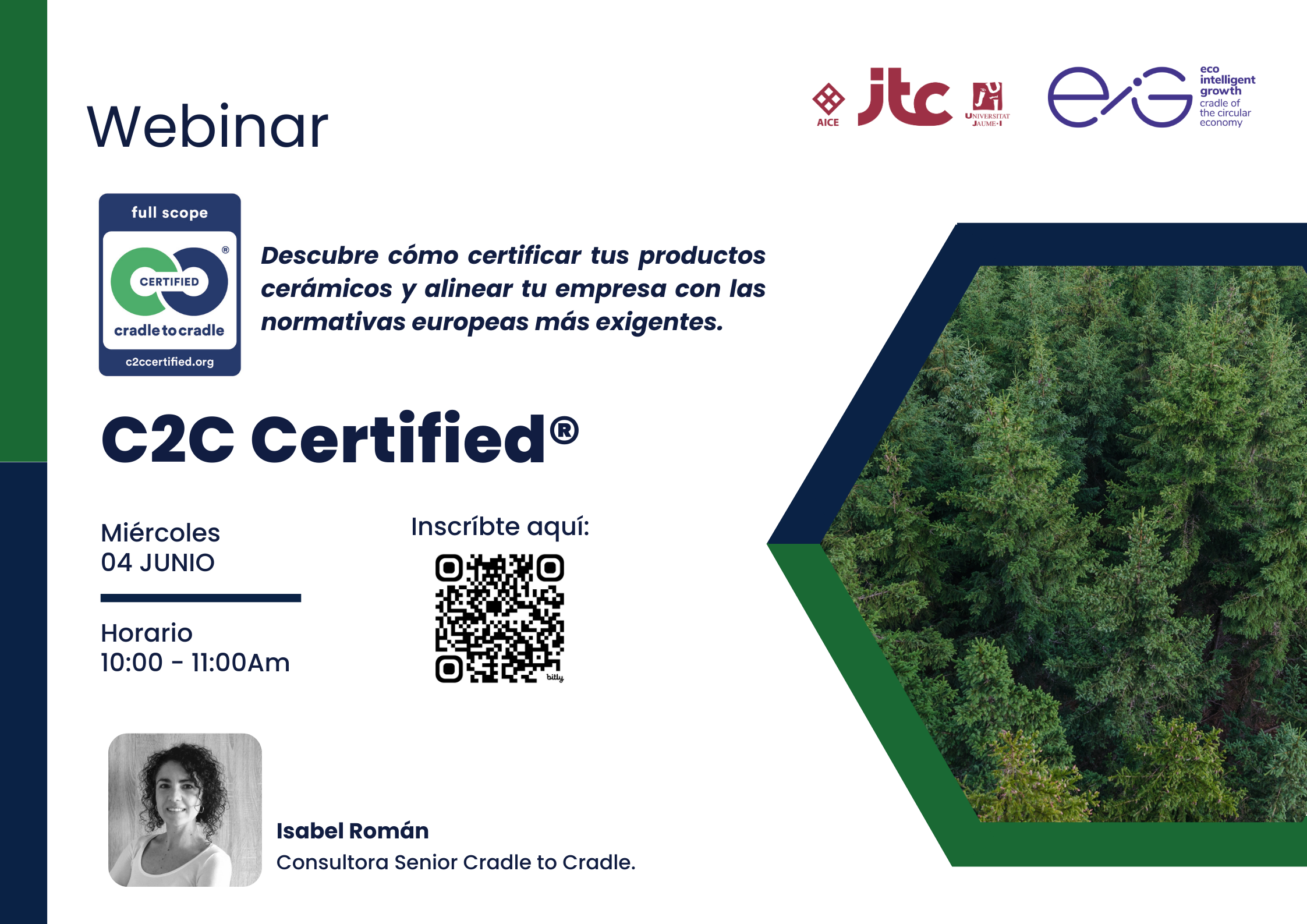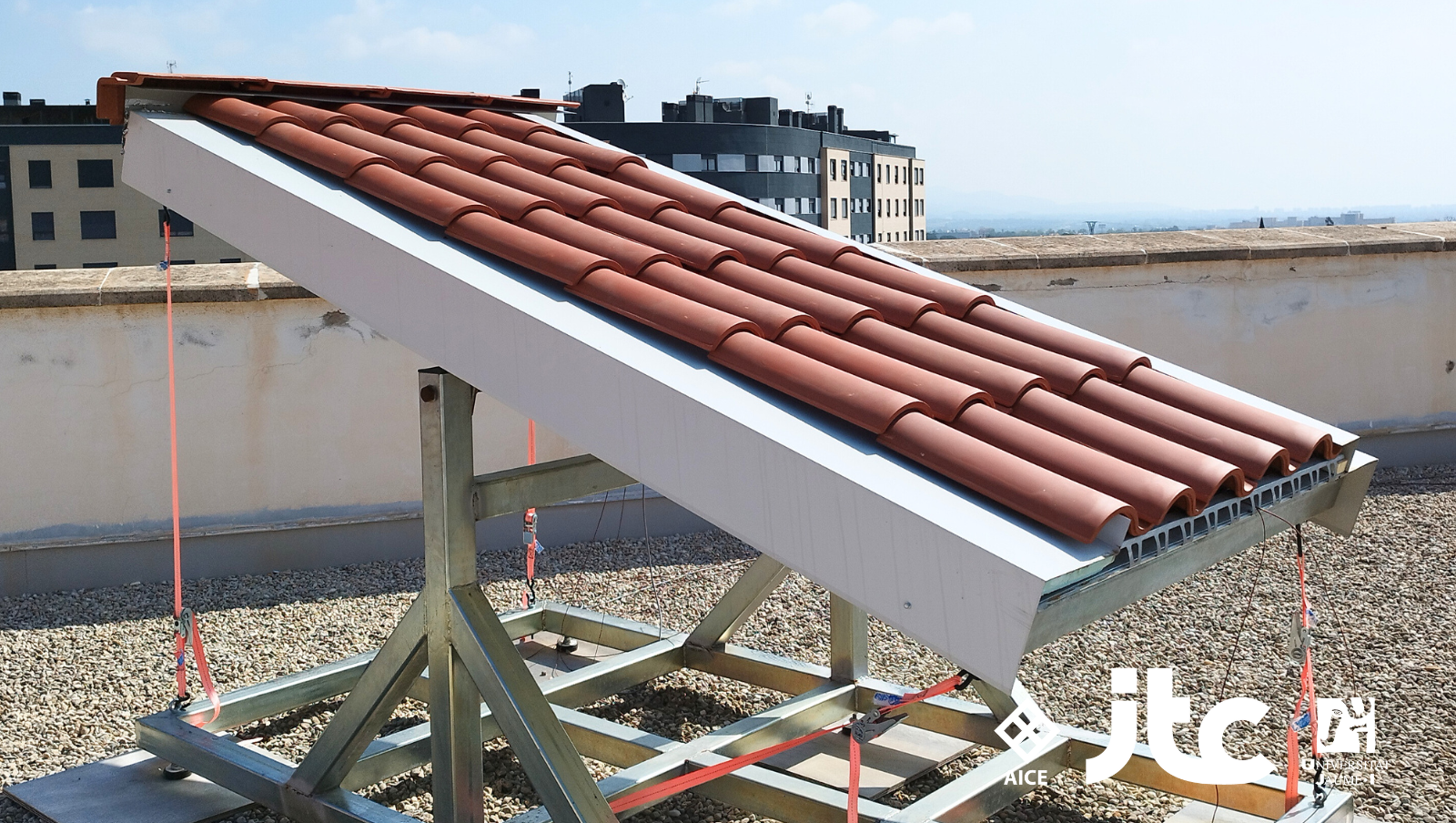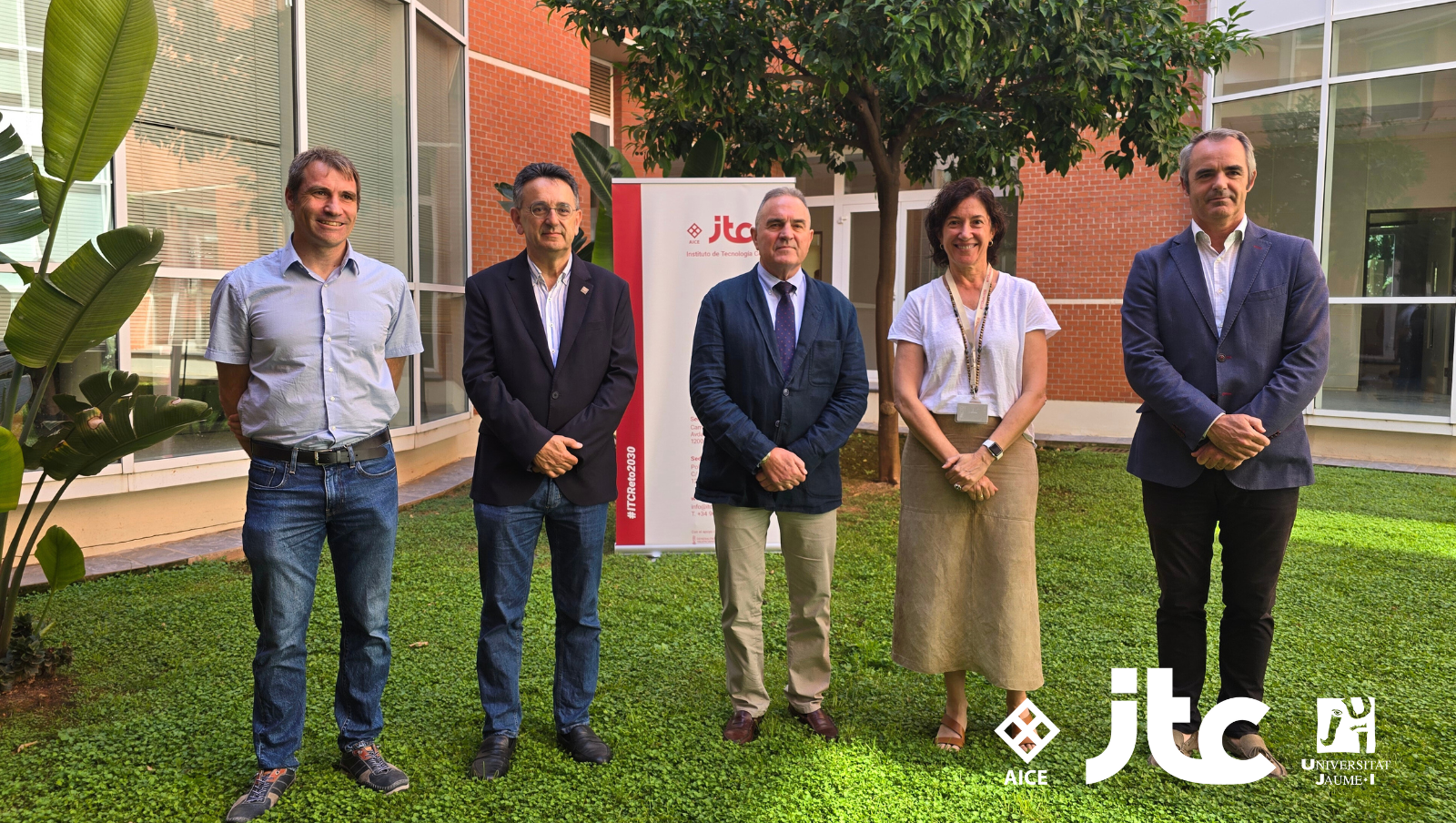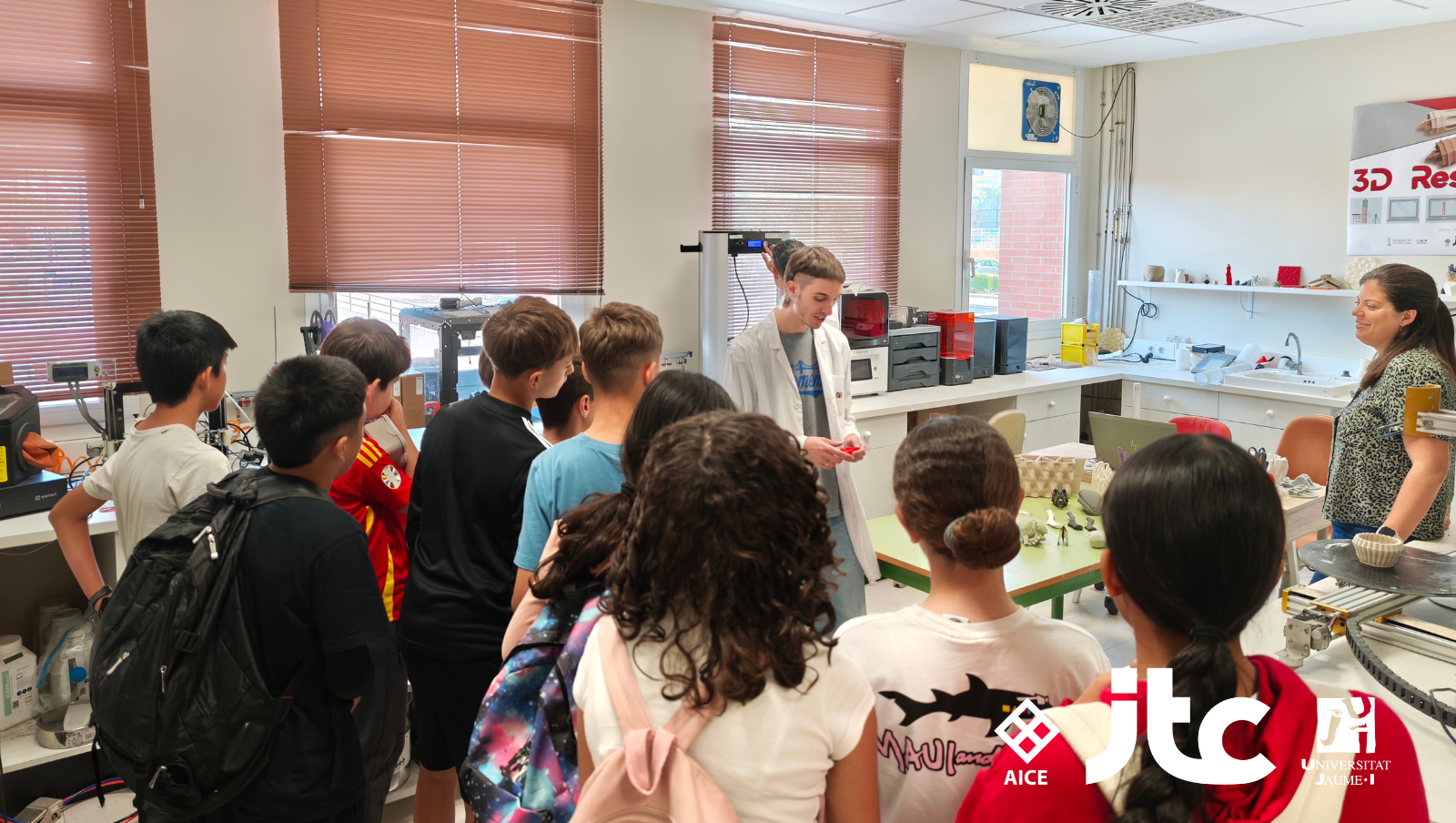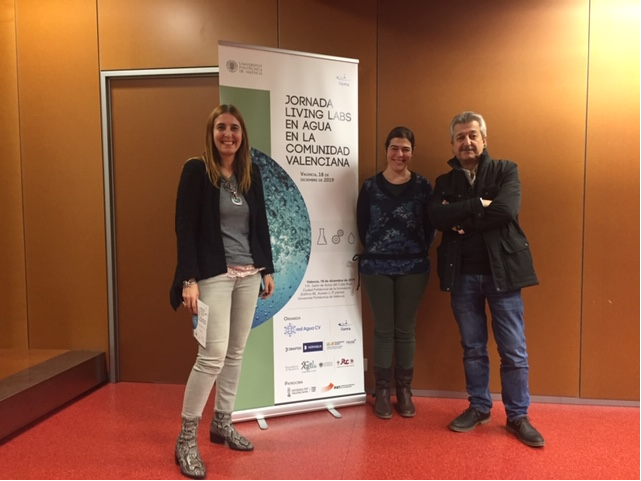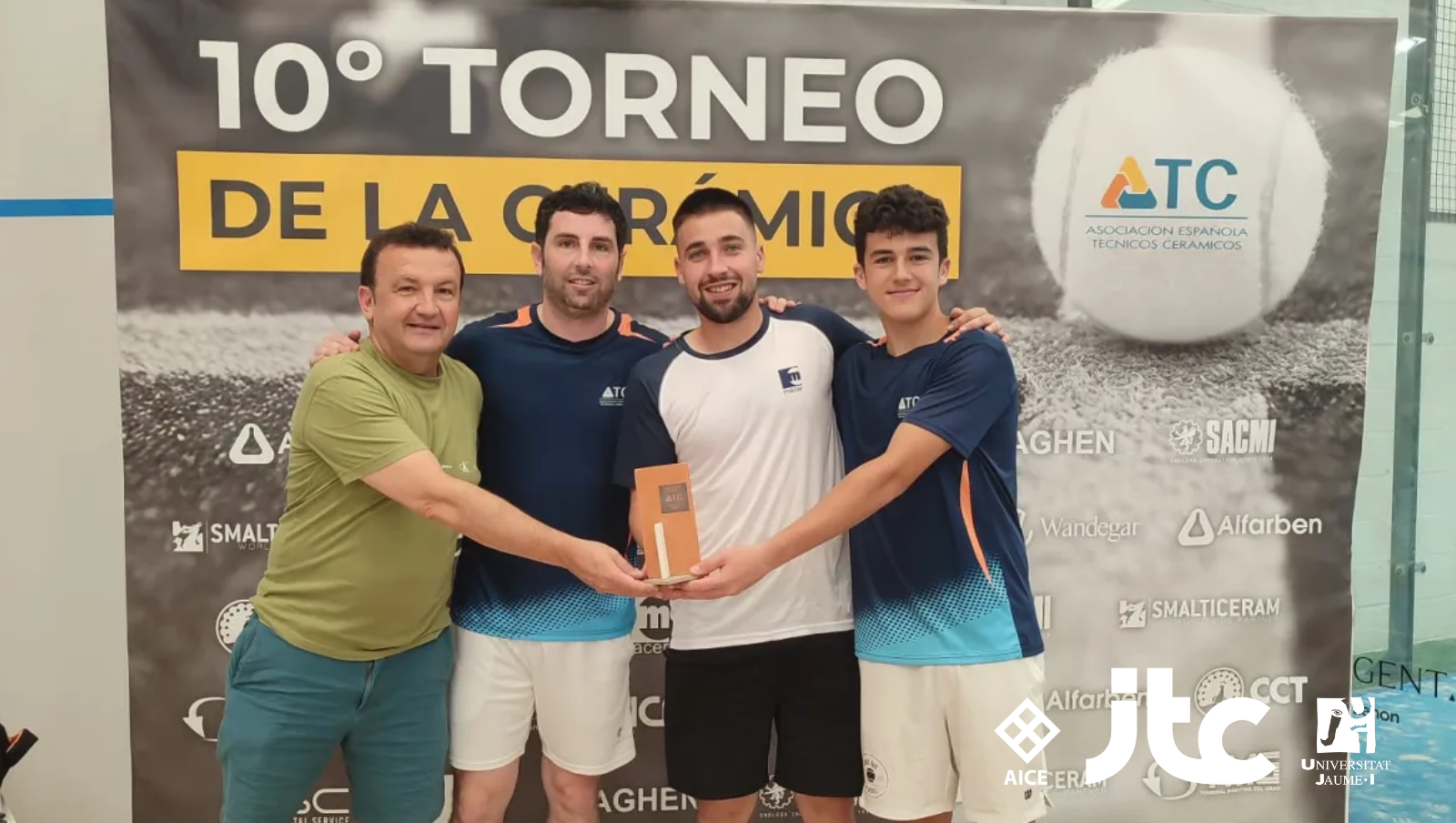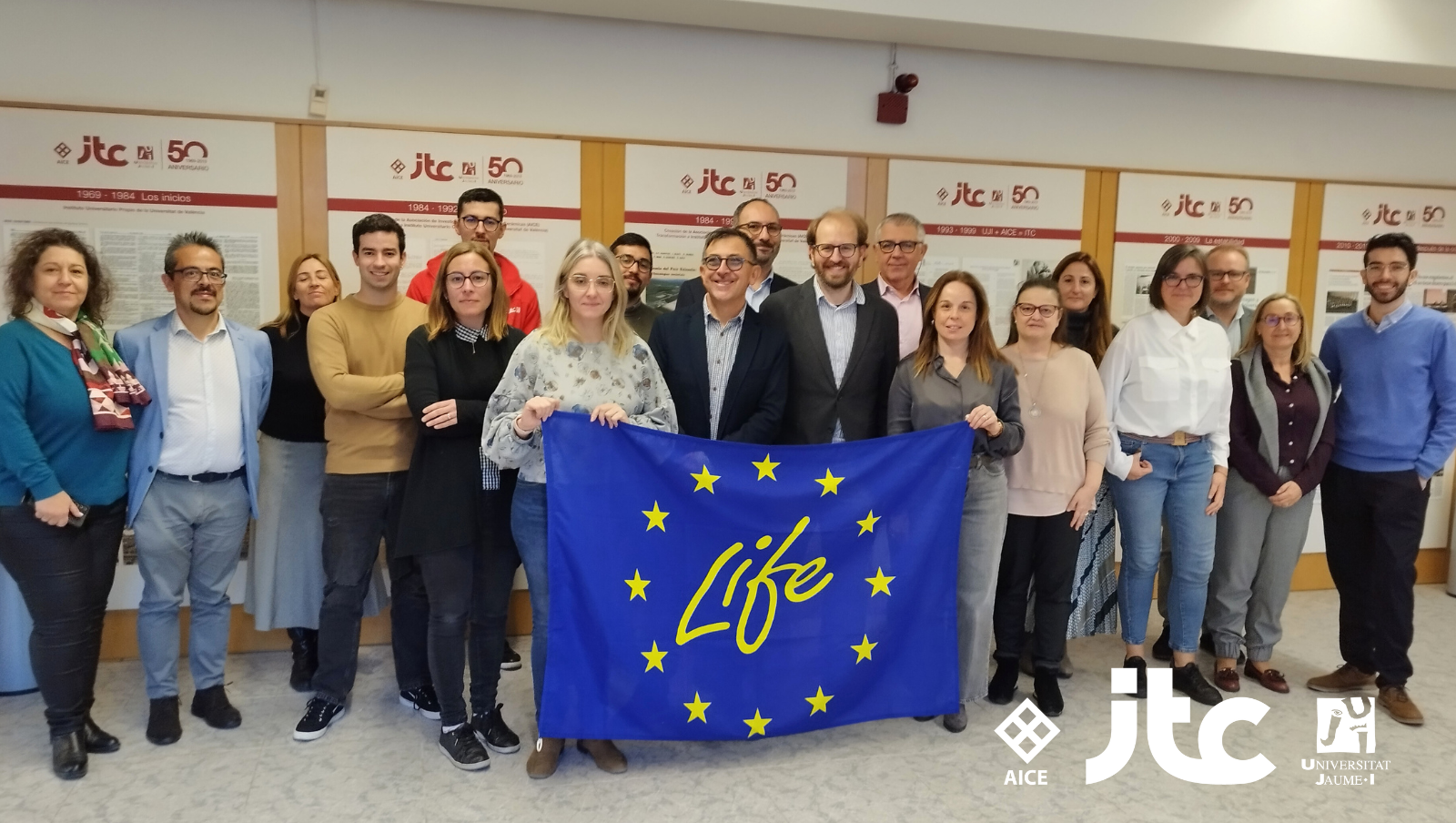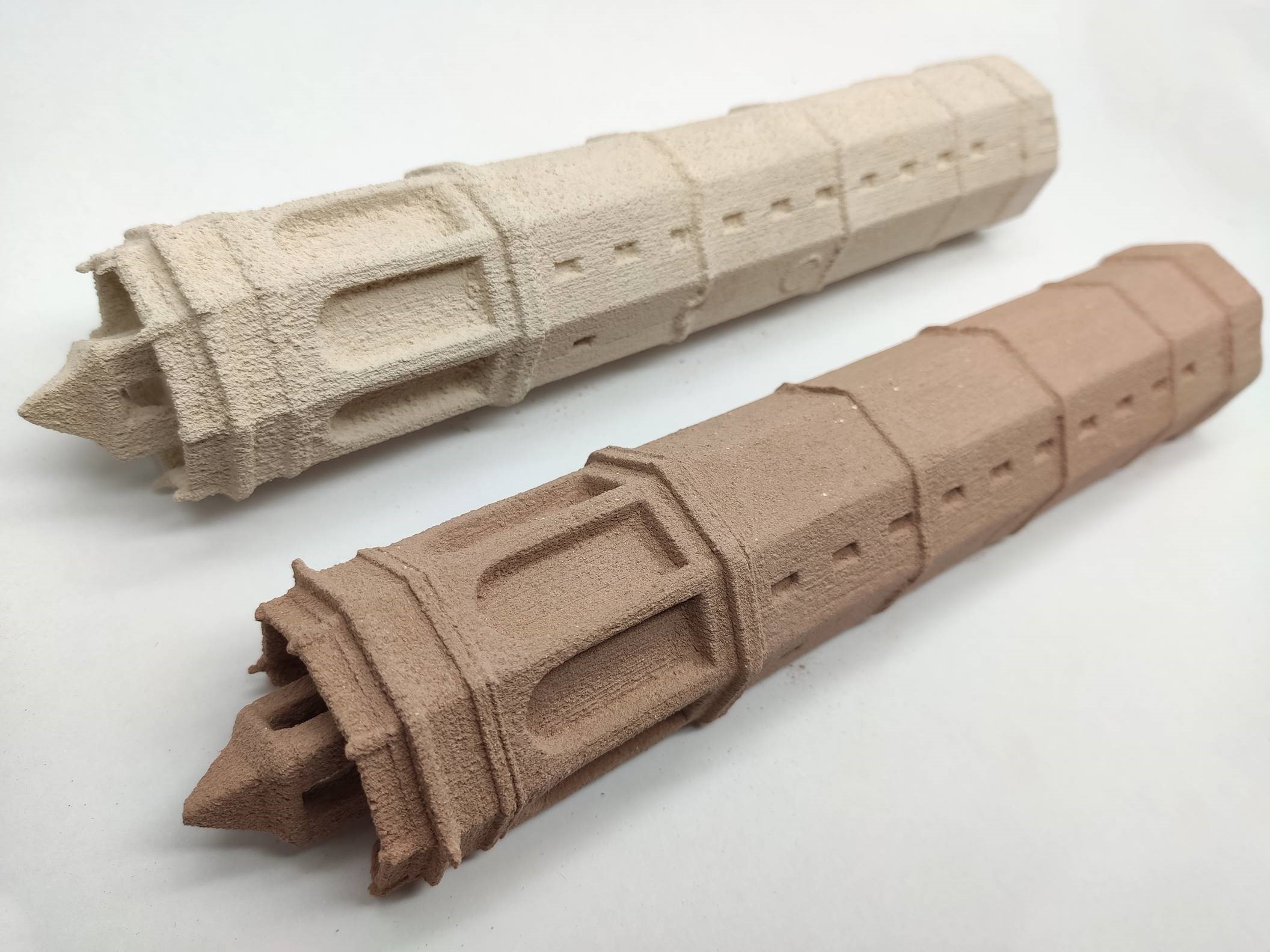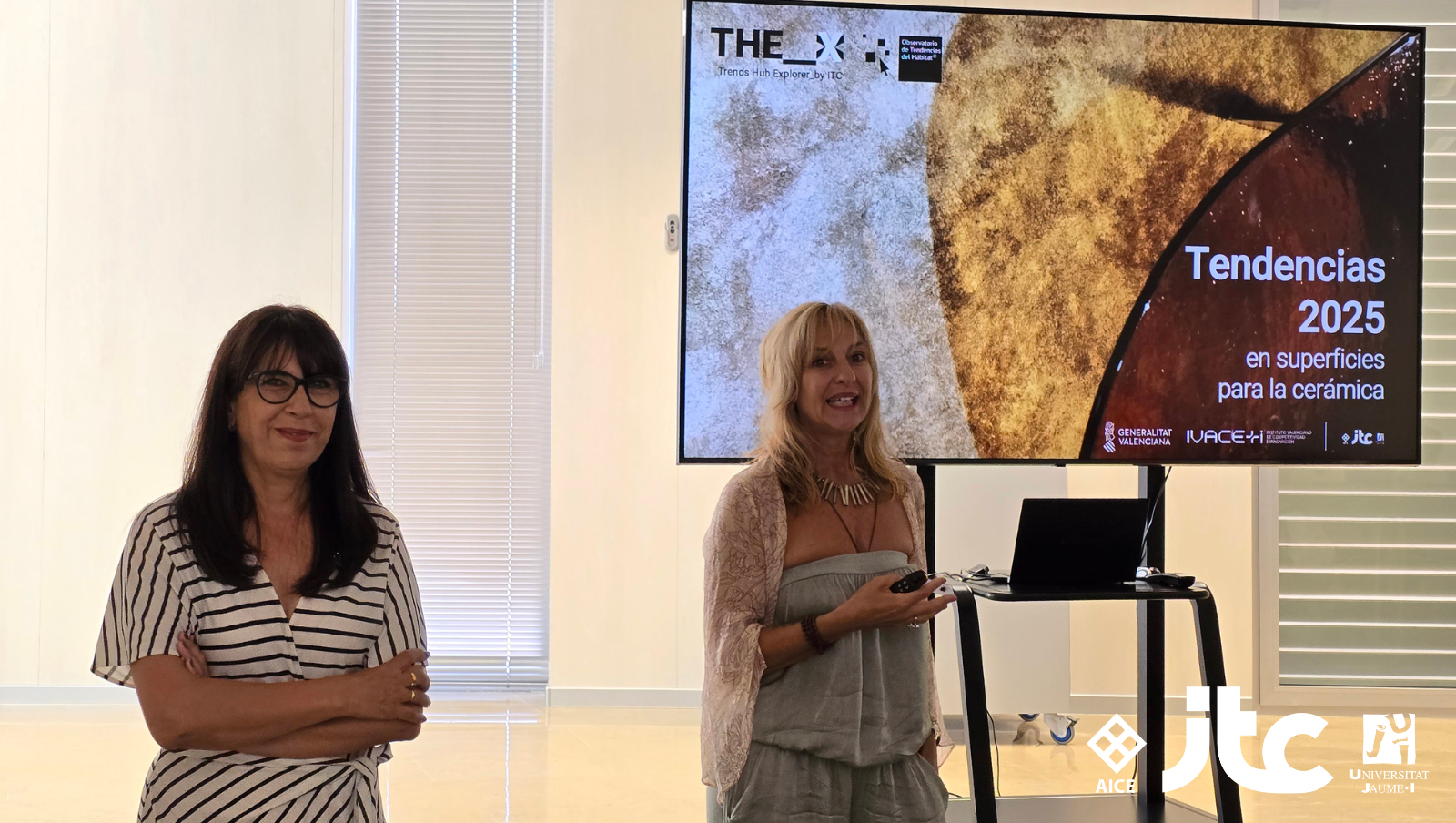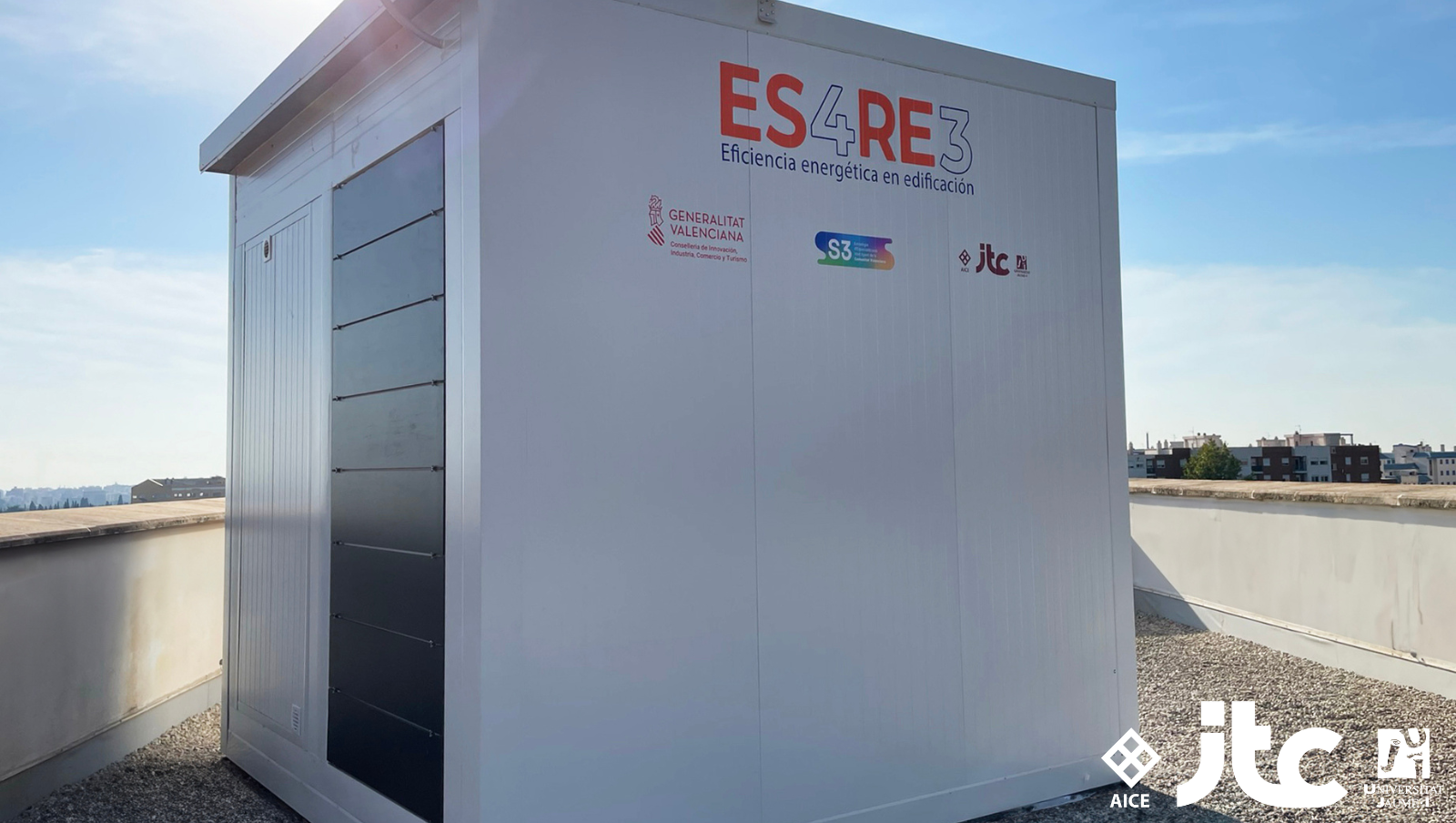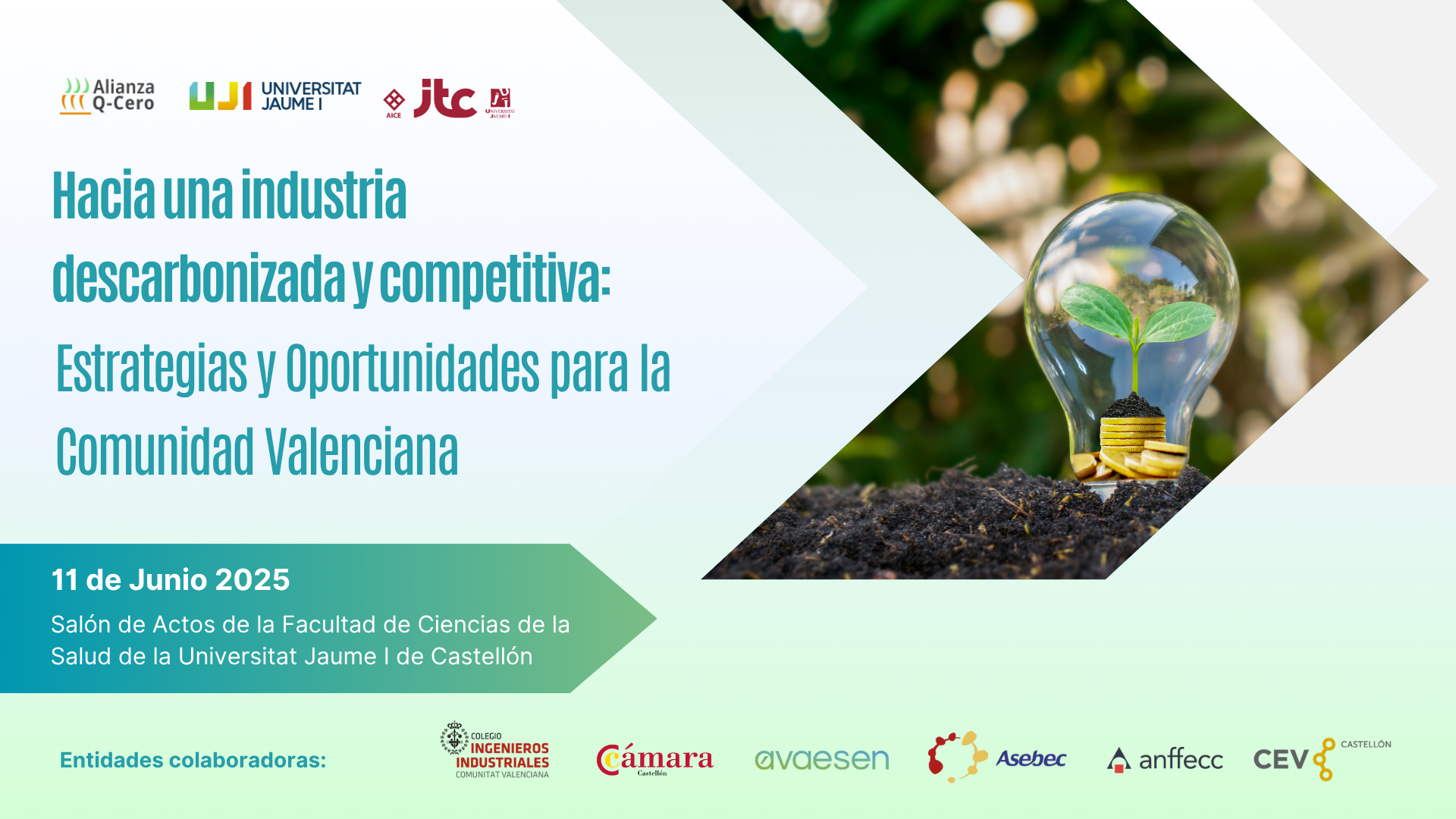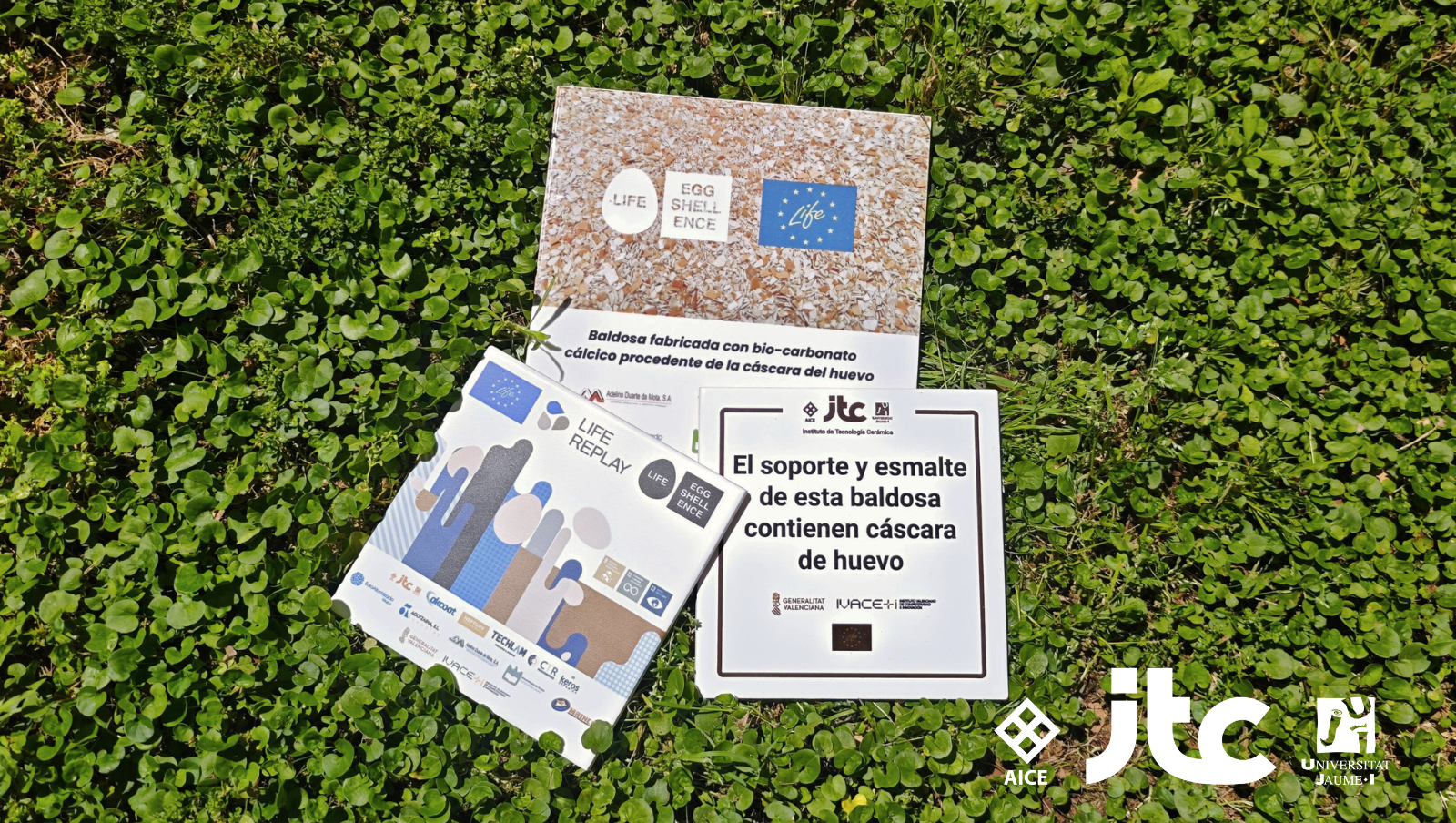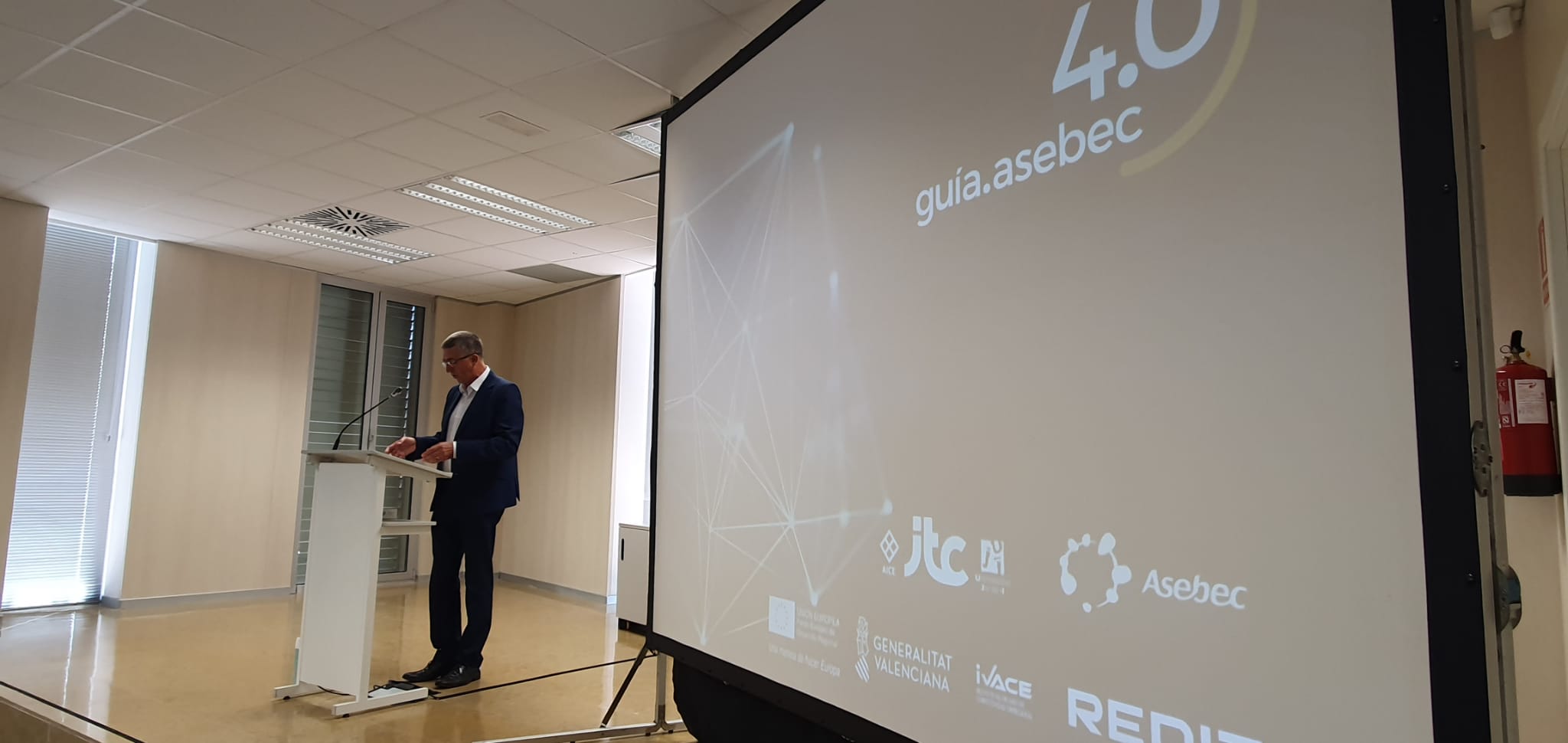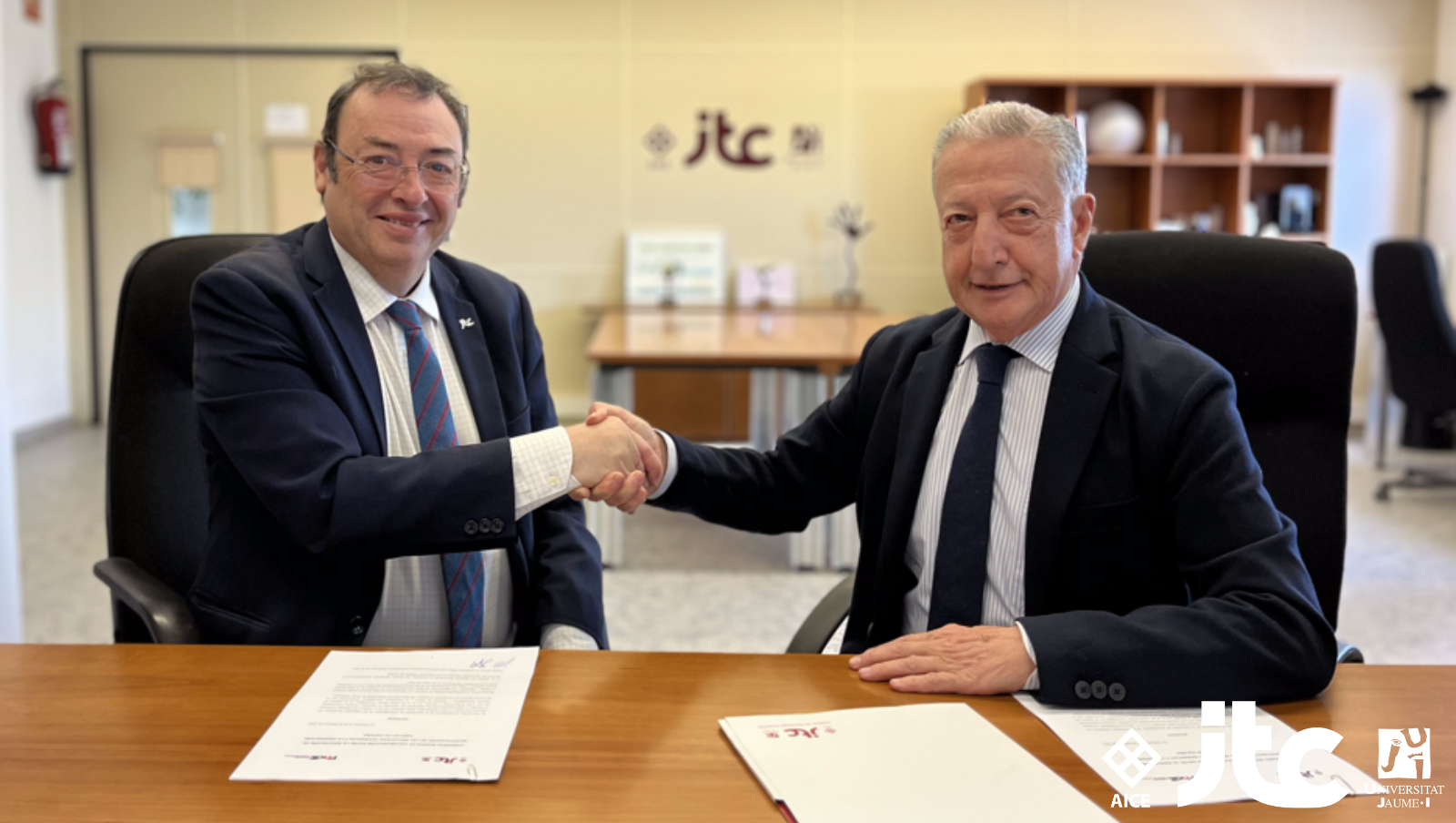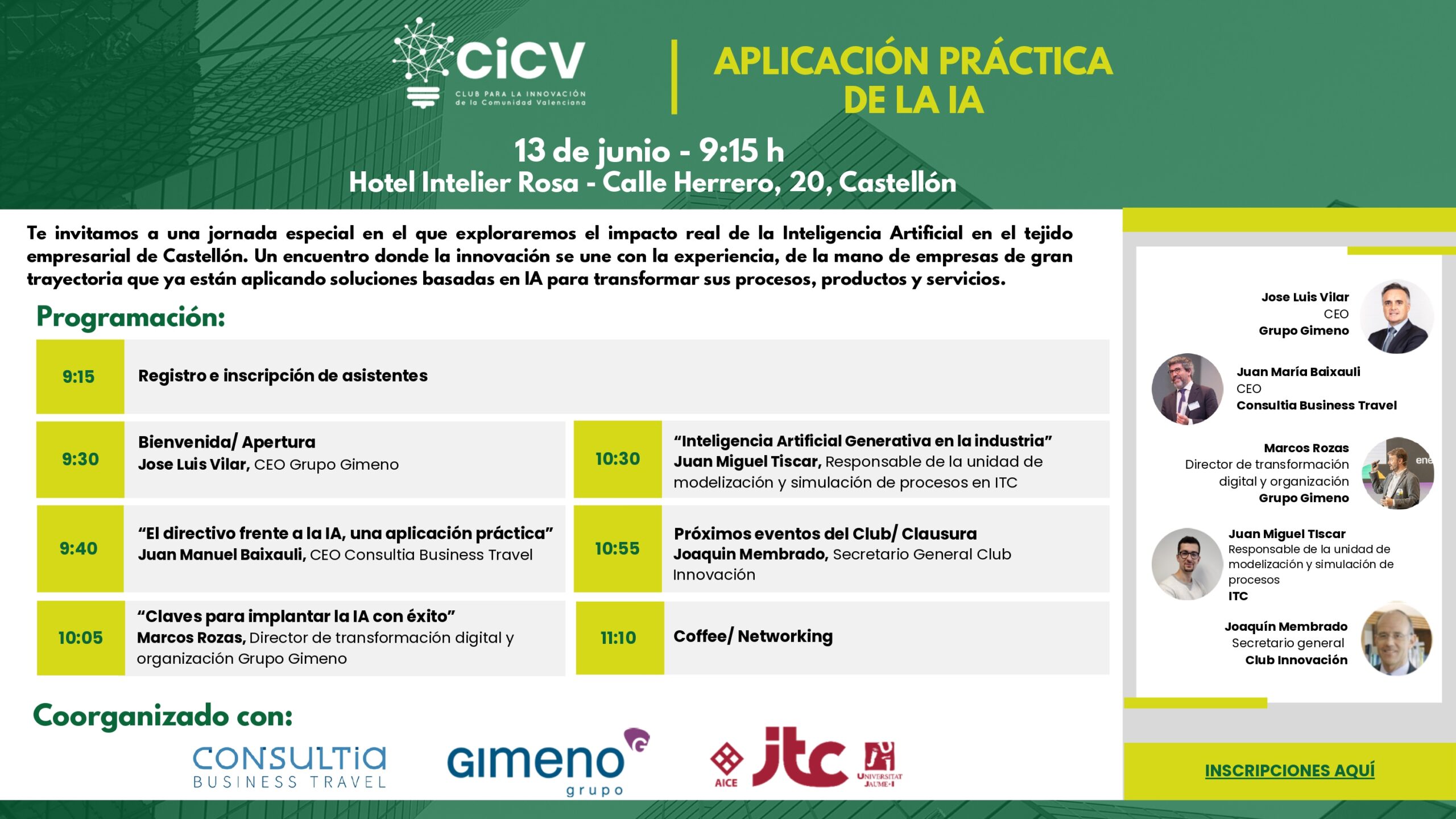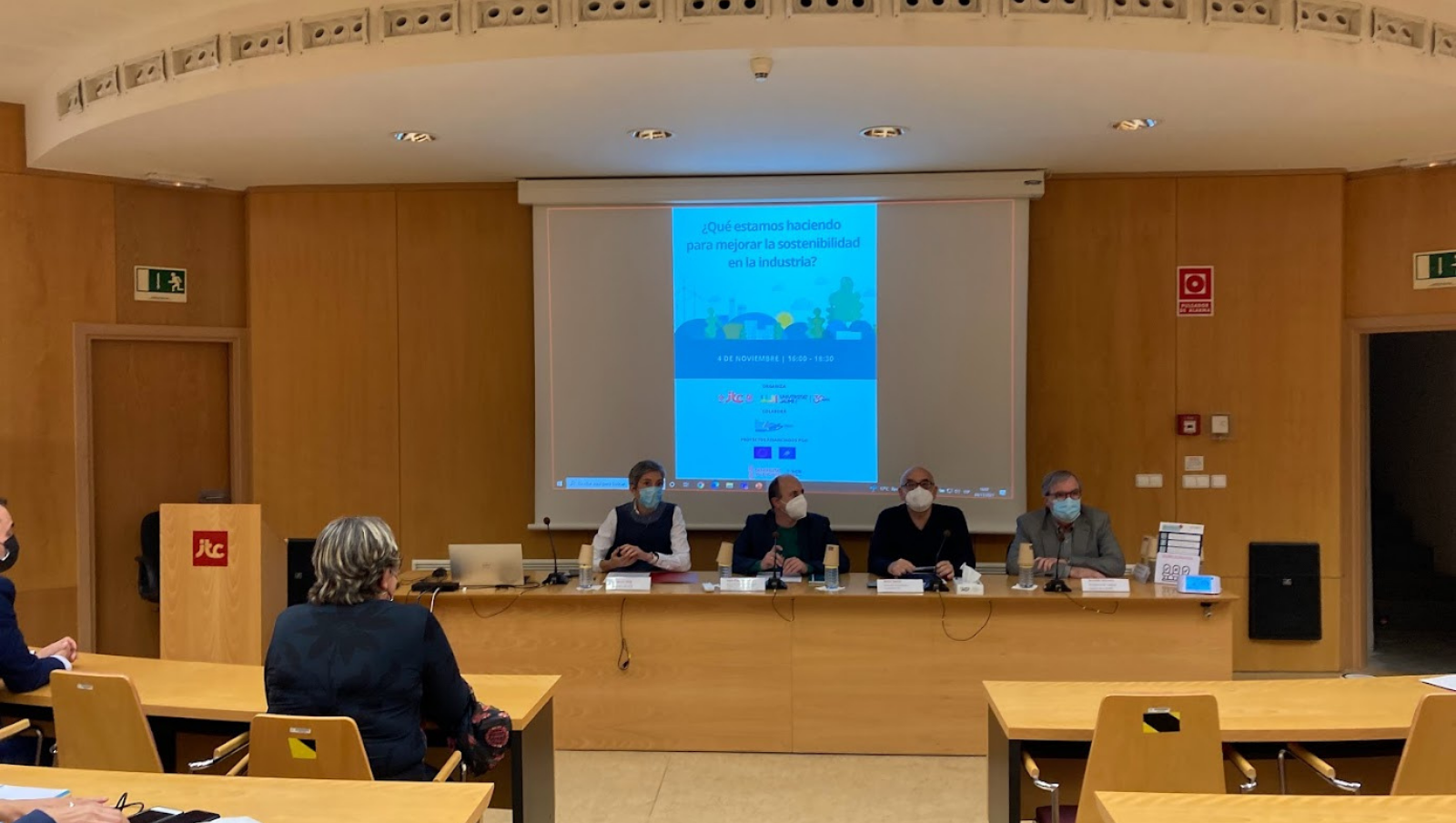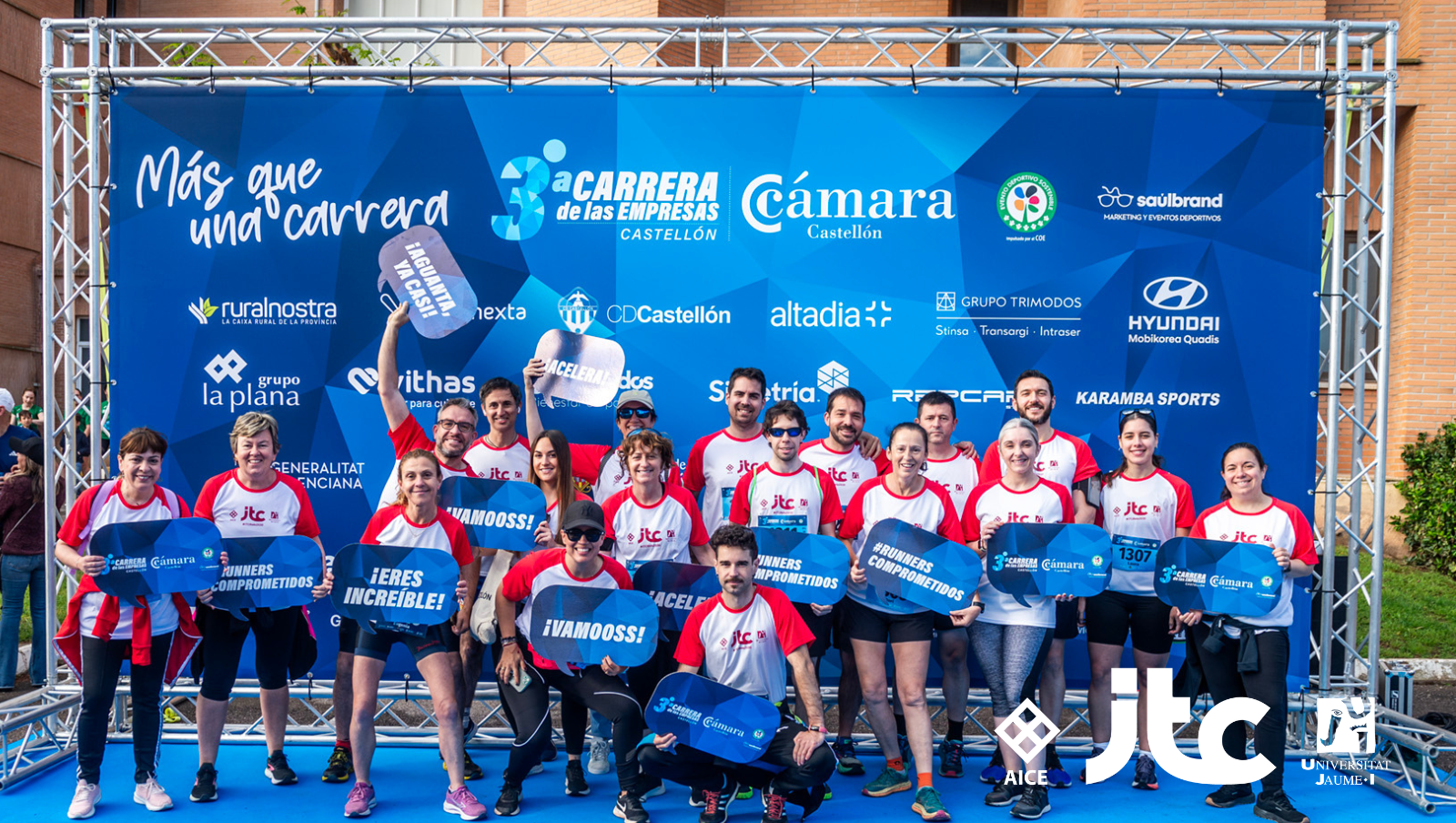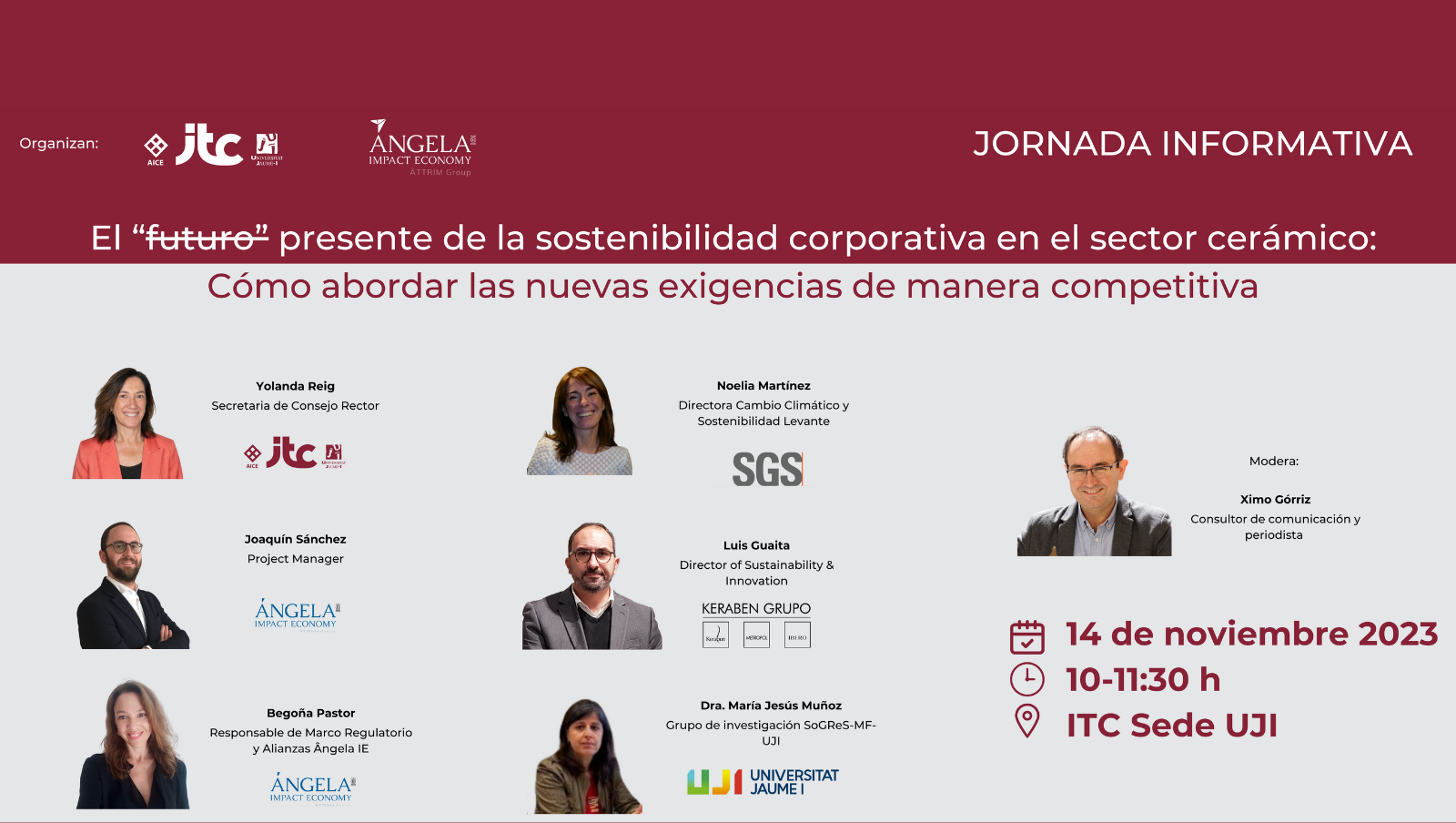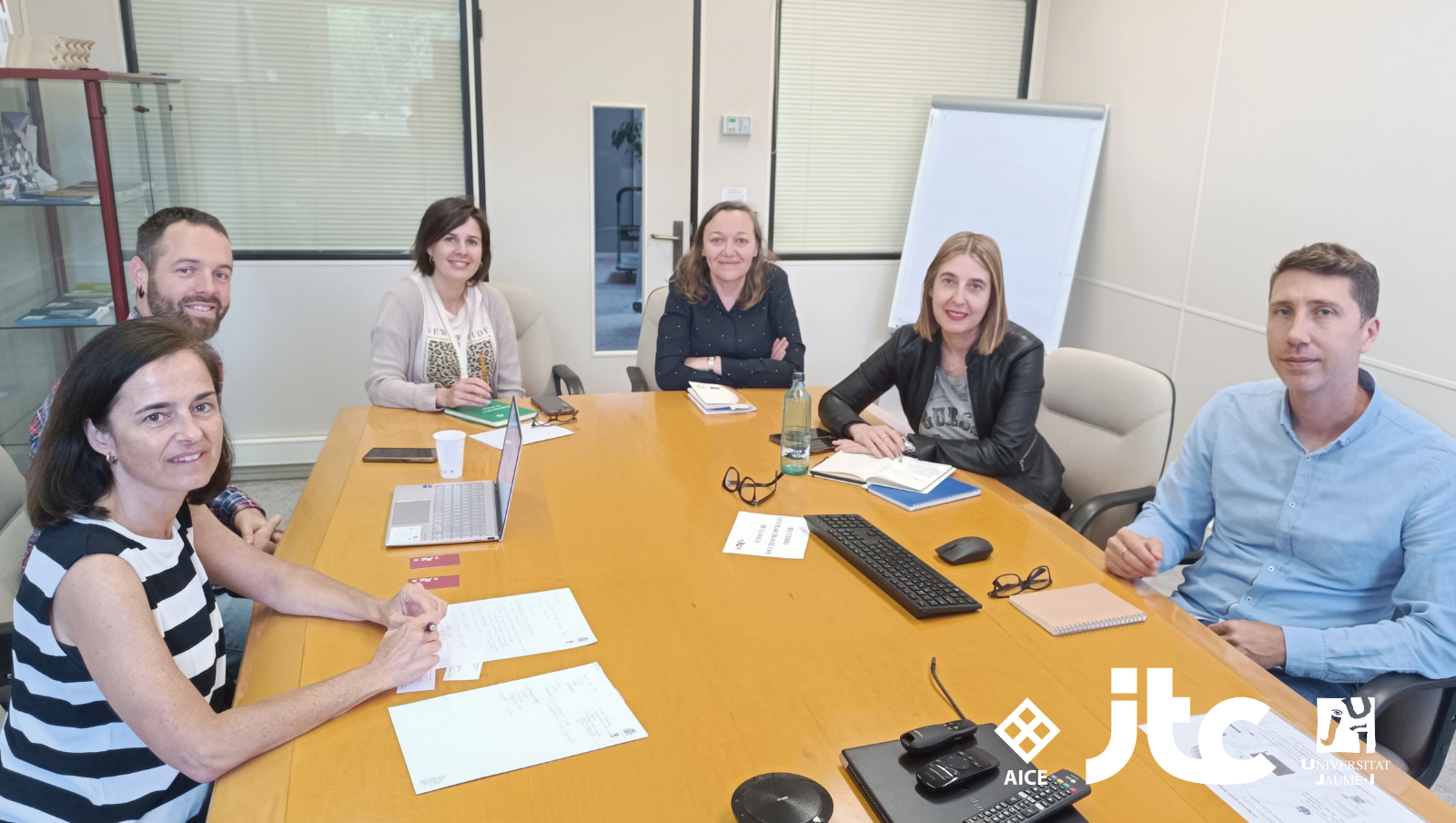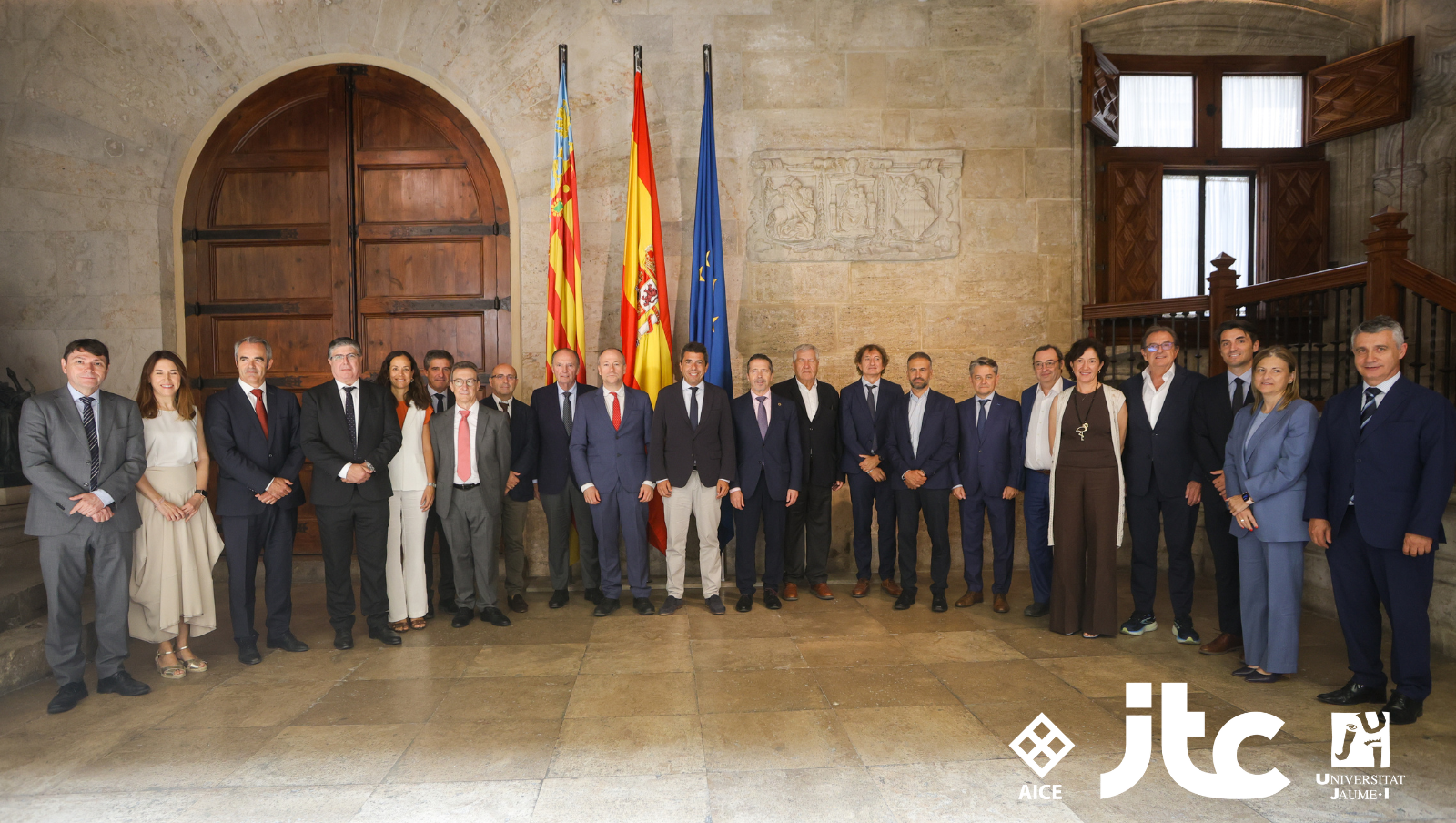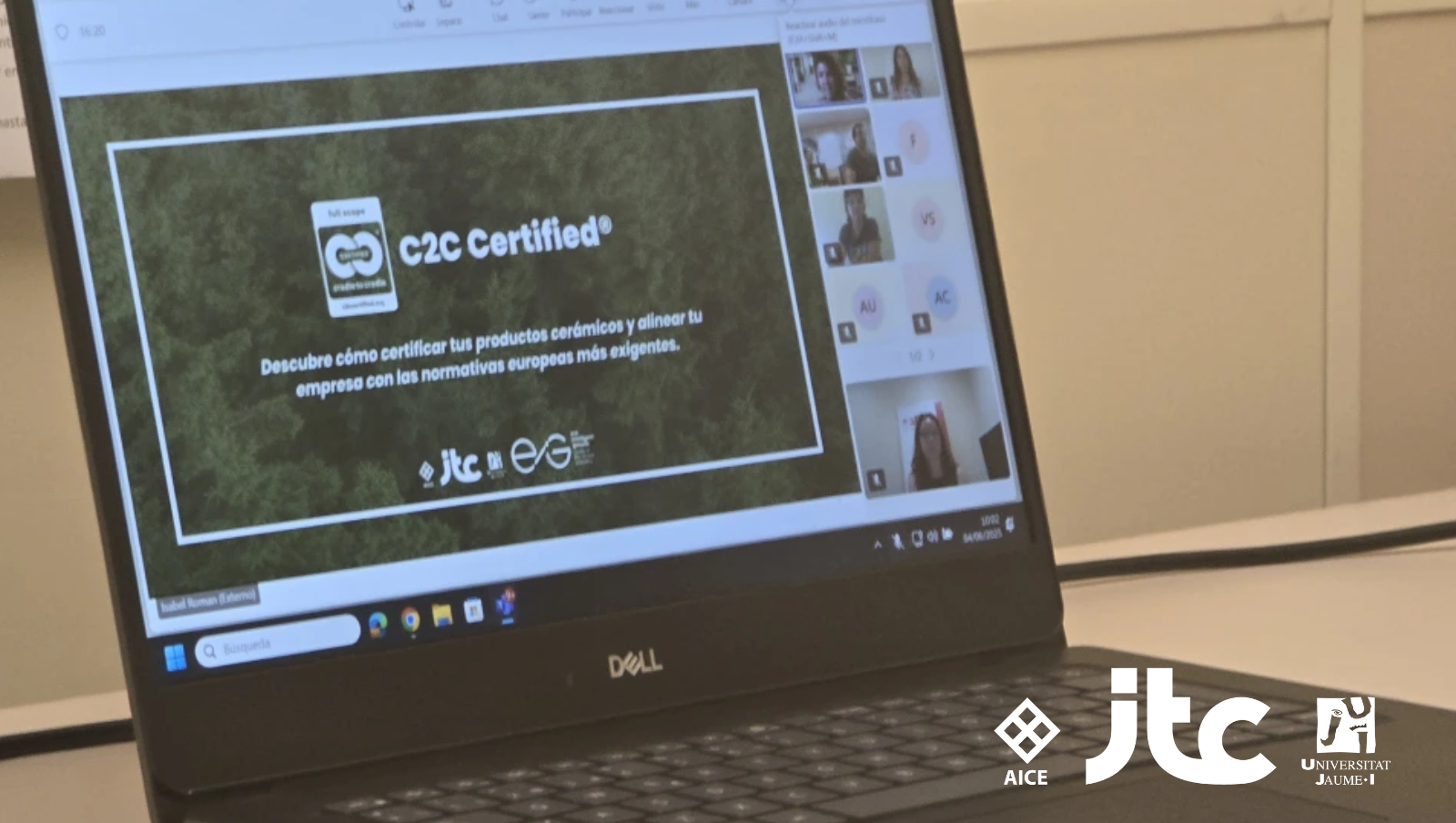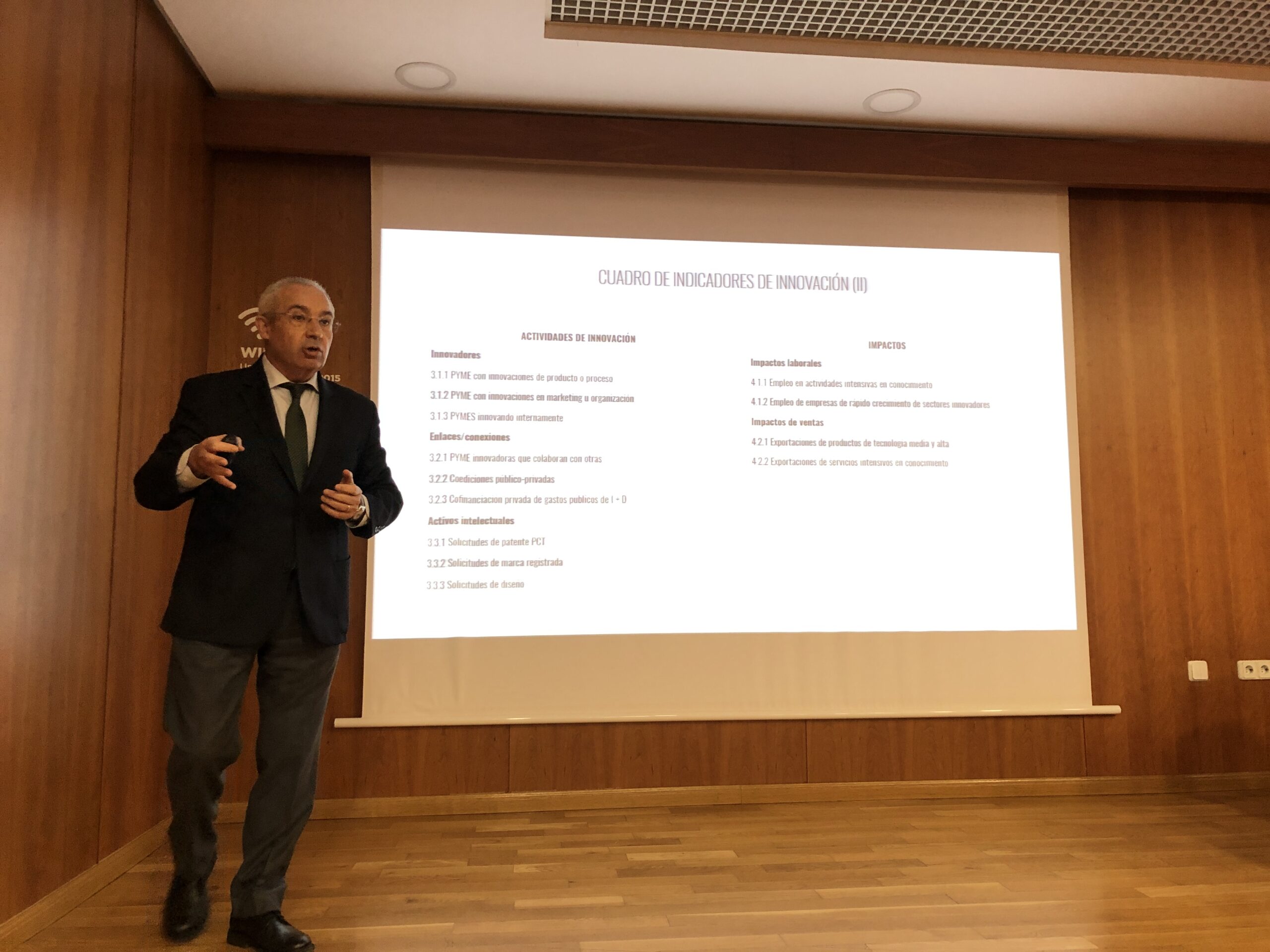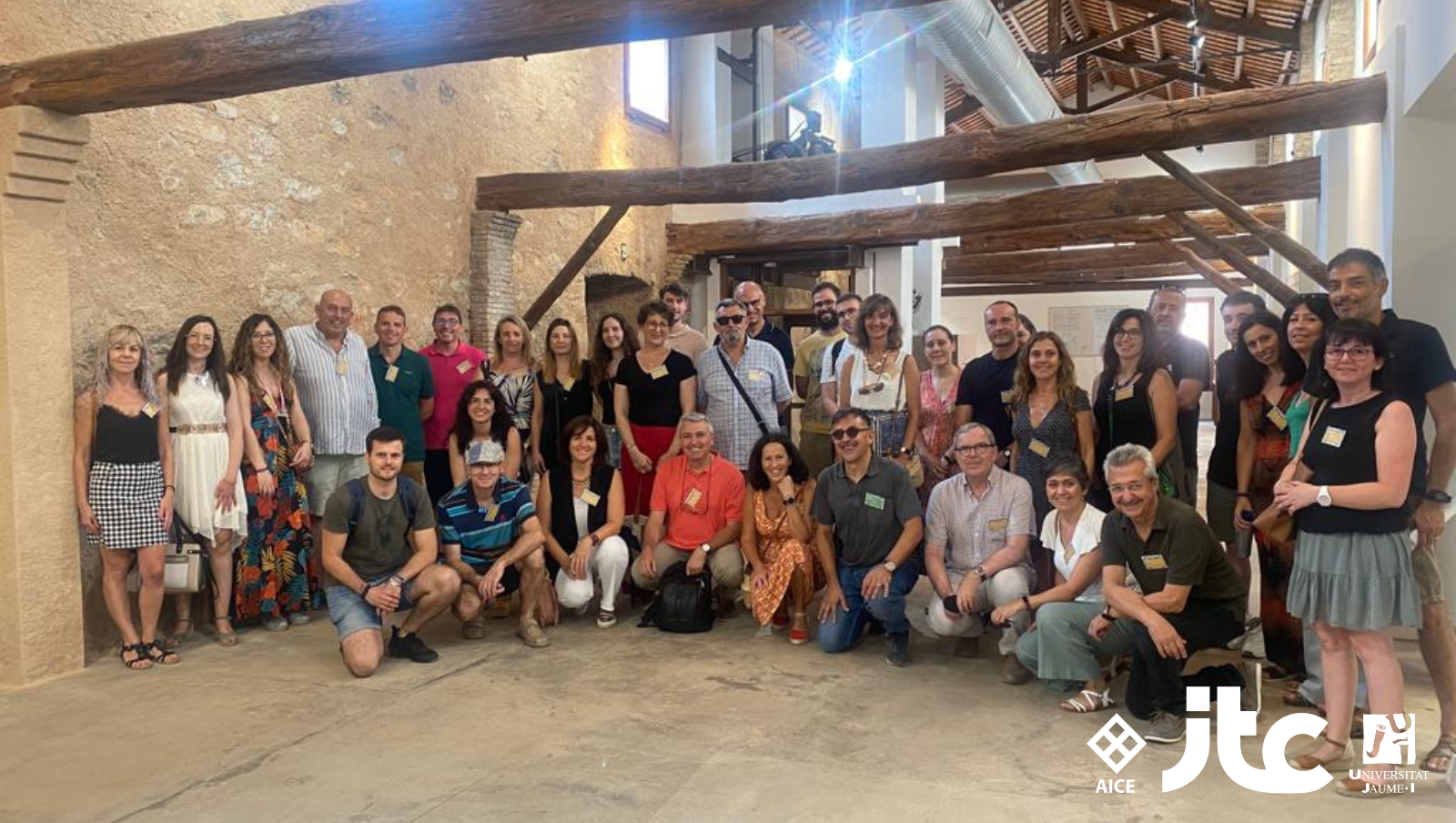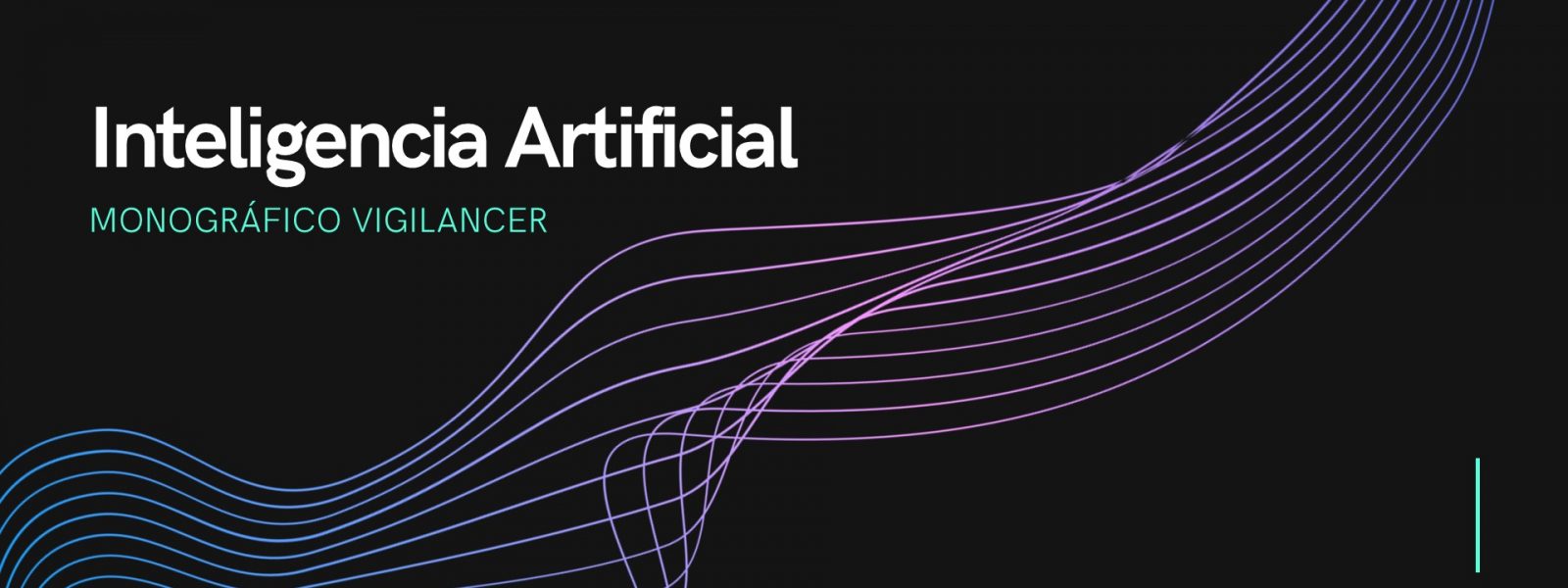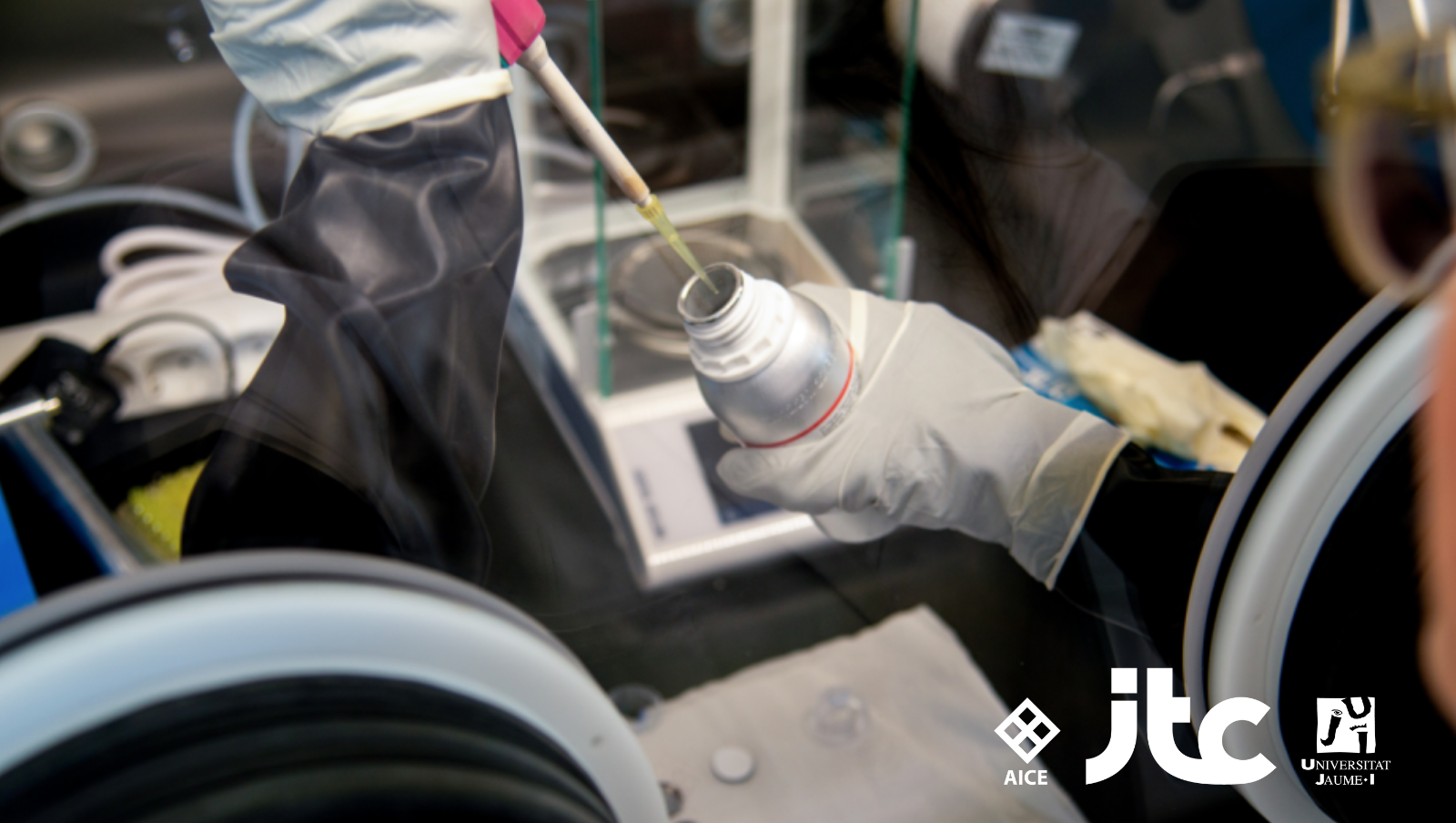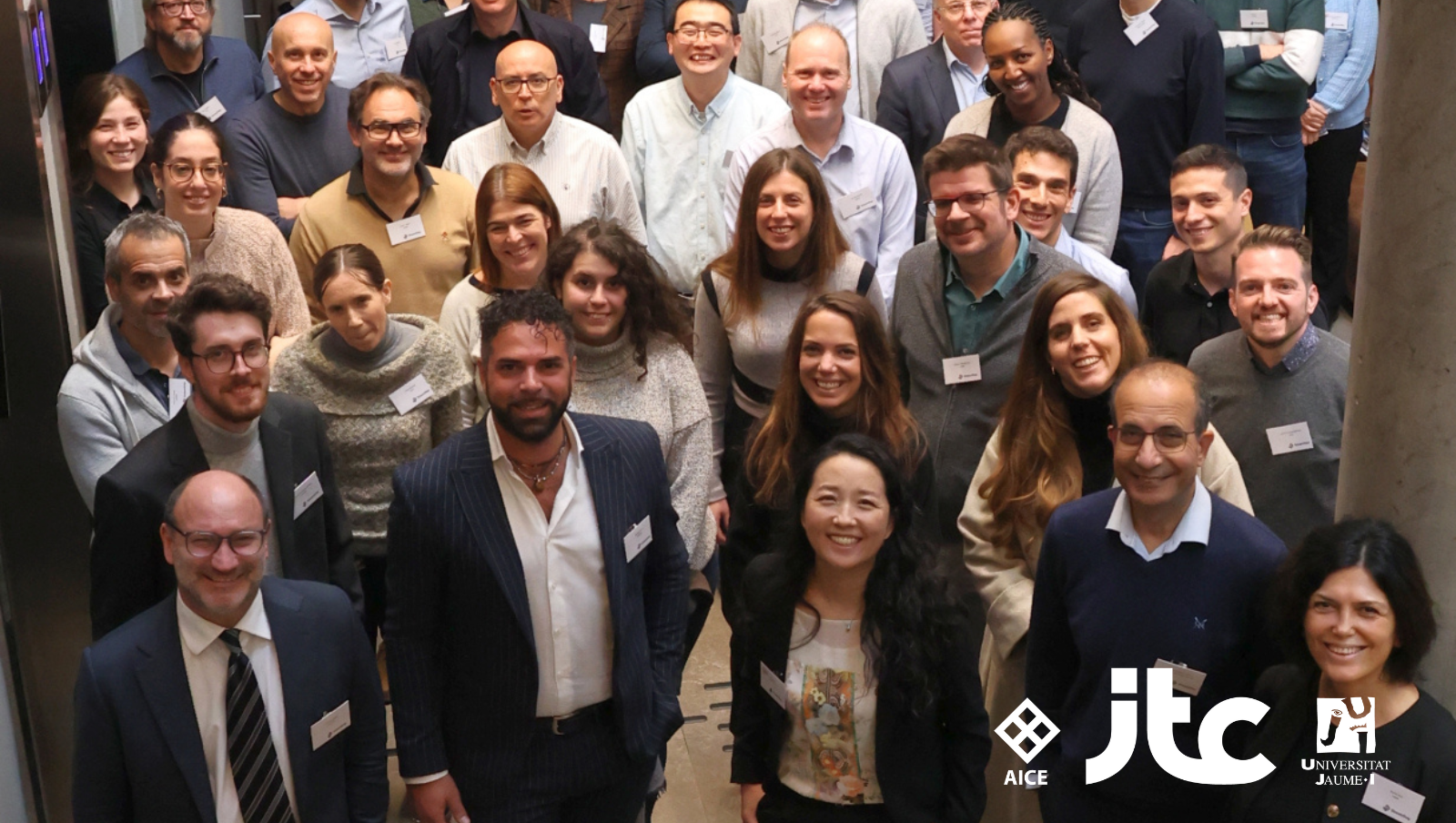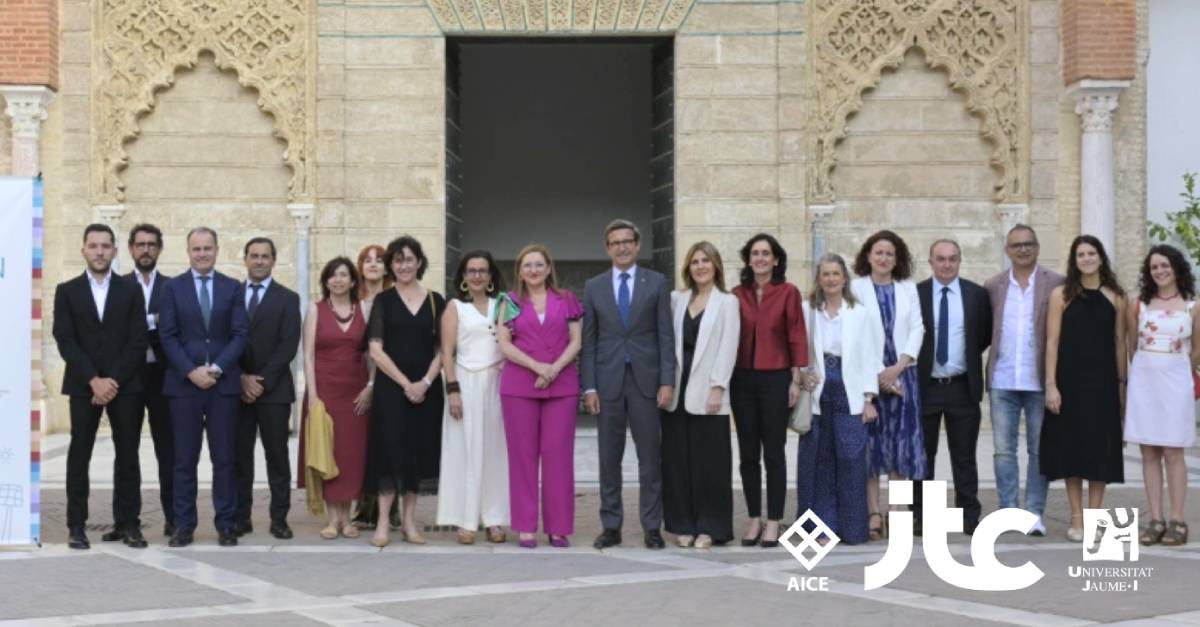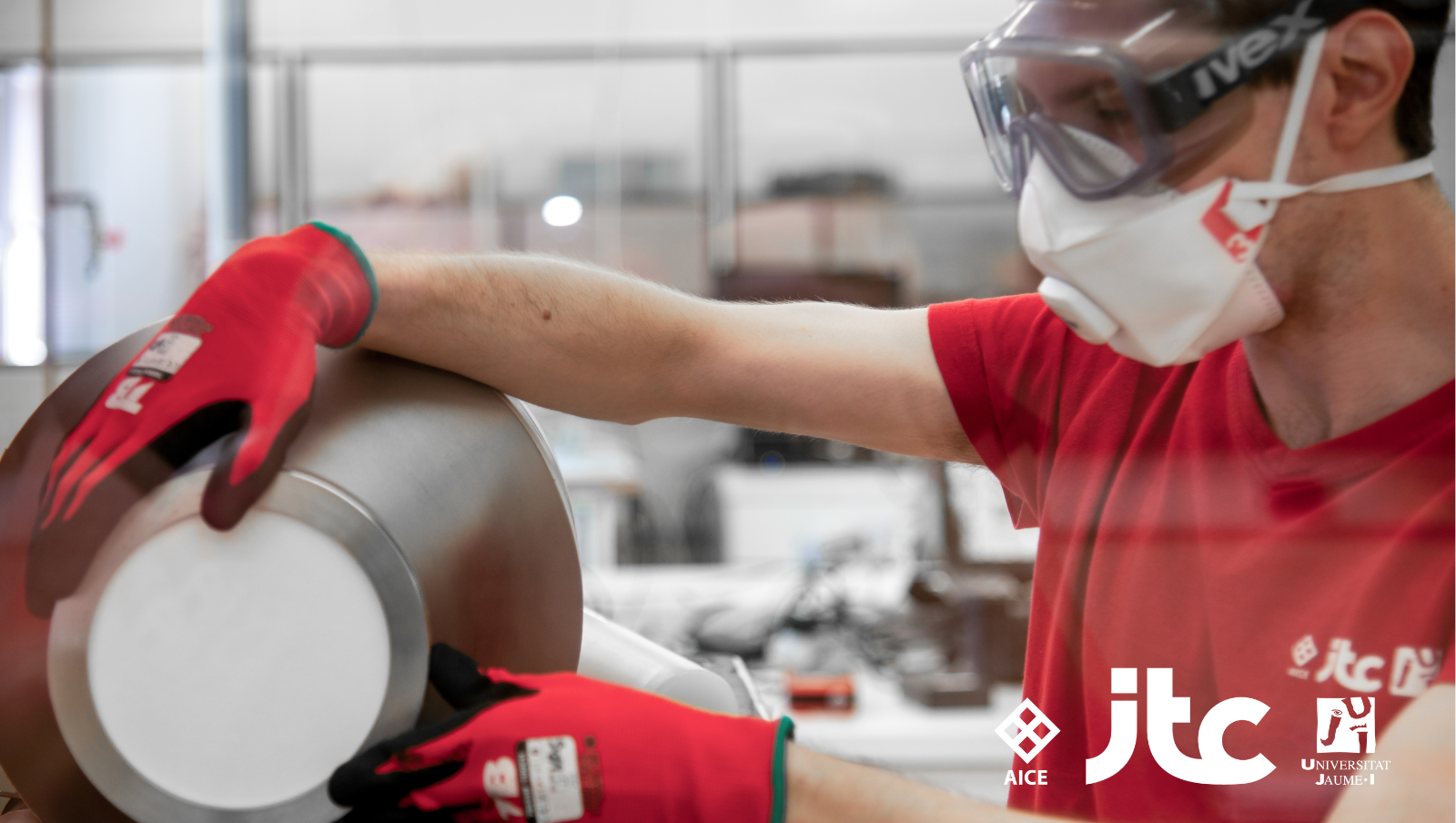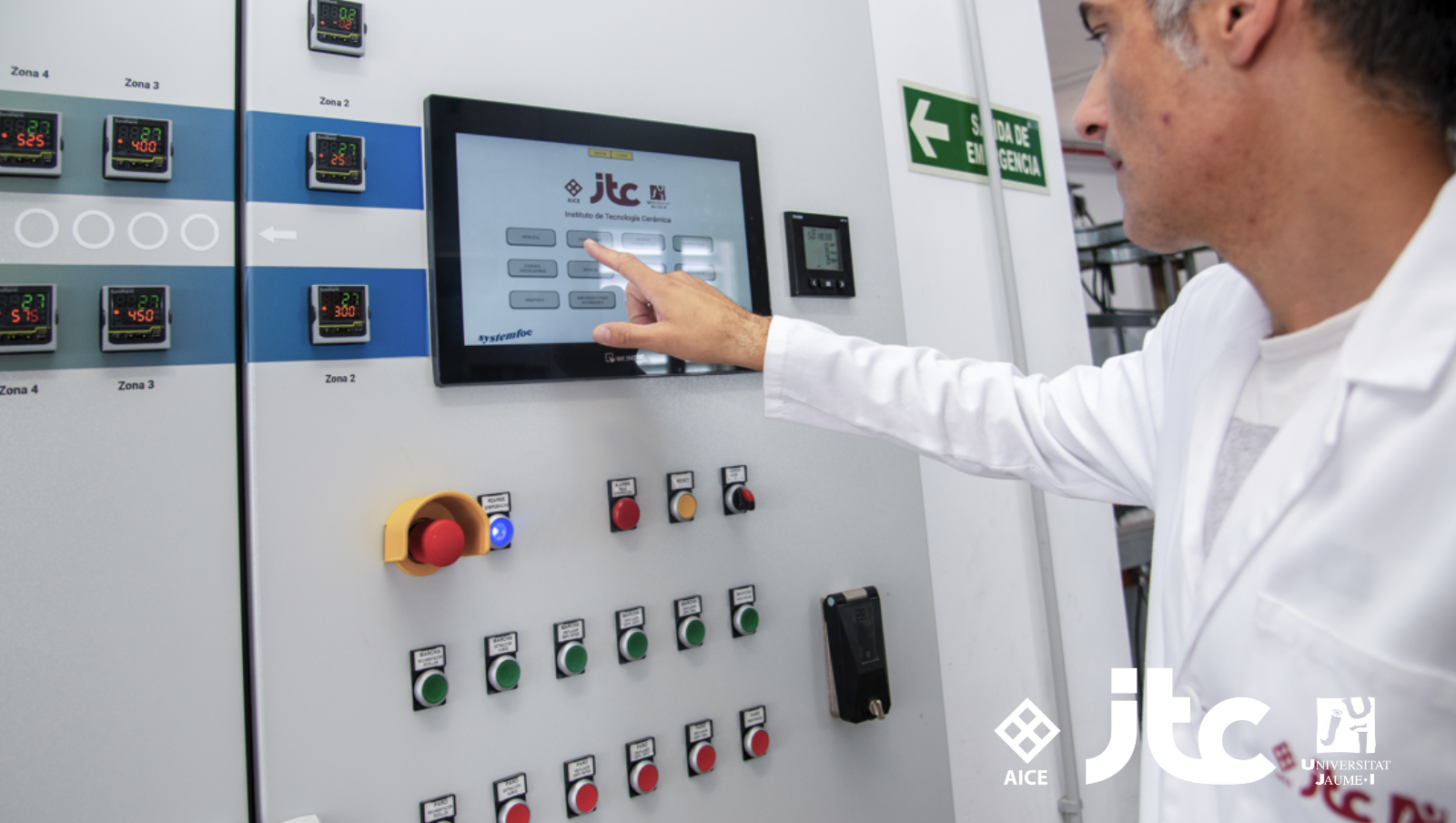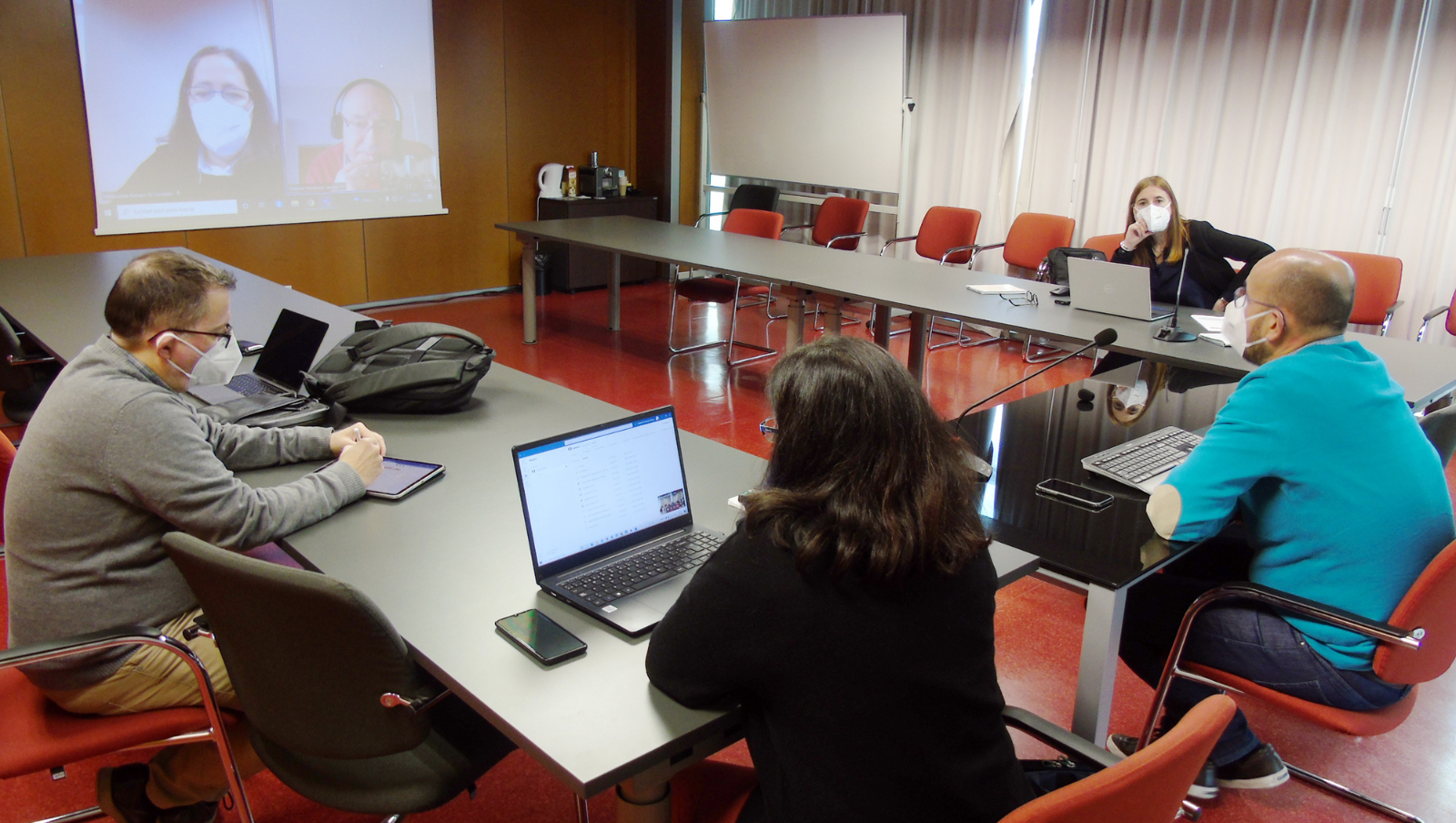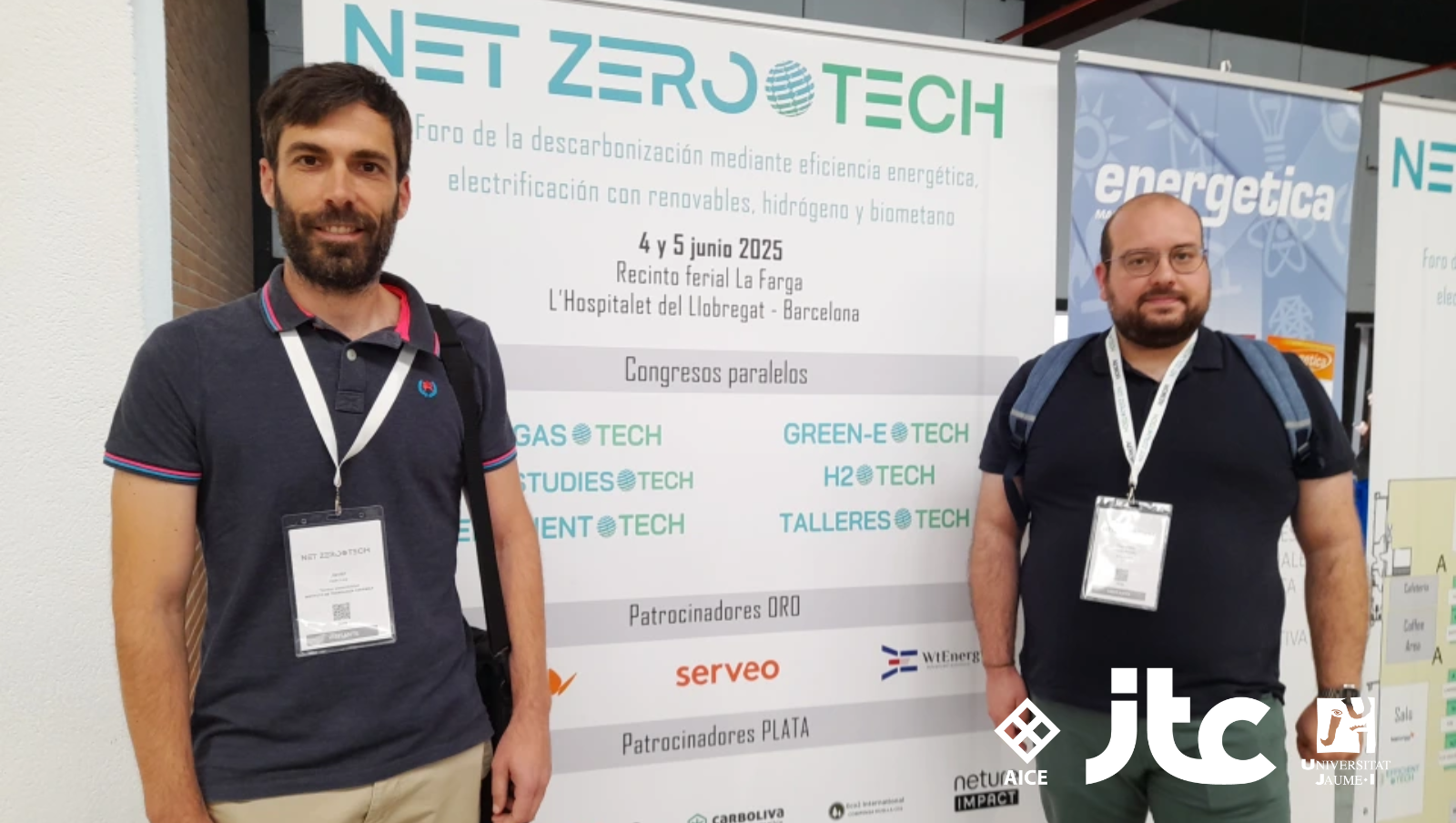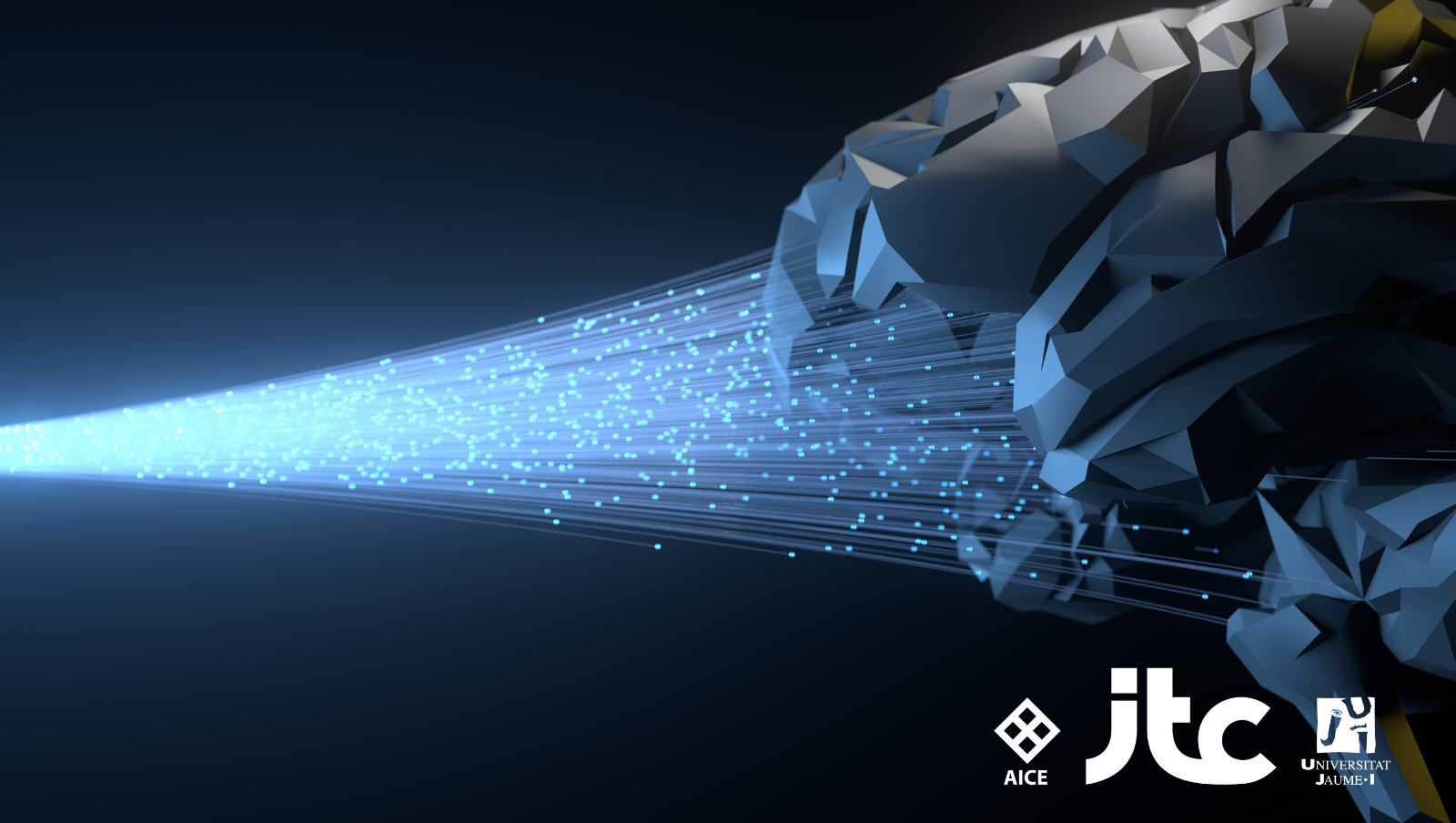- LIFE HYPOBRICK implantará un nuevo proceso de fabricación elaborando nuevos ladrillos para la construcción que parten de residuos como materia prima y utilizando tecnologías que eliminan la etapa de cocción y las emisiones de gases de efecto invernadero.
- En LIFE HYPOBRICK participan, bajo la coordinación del ITC, las empresas Ladrillos Mora, S.L.; Recycling,Consulting & Services, S.L. (RCS) Schlagmann Poroton GmbH & Co. y la Universidad de Nüremberg (Technische Hochschule Nürnberg).
Castellón, 1 de julio de 2020.- El at the Institute of Ceramic Technology (ITC) como coordinador del proyecto europeo LIFE HYPOBRICK, apuesta firmemente por la implantación de la economía circular y la luca contra los efectos negativos del cambio climático con el desarrollo del proyecto europeo LIFE HYPOBRICK, cofinanciado por el Programa LIFE (LIFE 18/CCM/ES/001114) y con el apoyo del Instituto Valenciano de Competitividad Empresarial (IVACE) of the Generalitat Valenciana.
El objetivo del proyecto LIFE HYPOBRICK es desarrollar ladrillos para la construcción elaborados partiendo de residuos, en los que no va a existir la etapa de cocción. Y es que, como es sabido, en esta etapa se consume casi un 90% de la energía utilizada en todo el proceso de fabricación cerámico. Por eso, LIFE HYPOBRICK desarrolla un nuevo proceso aplicando la tecnología denominada como activación alcalina, por la que los materiales, en lugar de pasar por una fase de cocción, son “curados”, ahorrándonos de este modo ese 90% de energía consumida en la cocción.
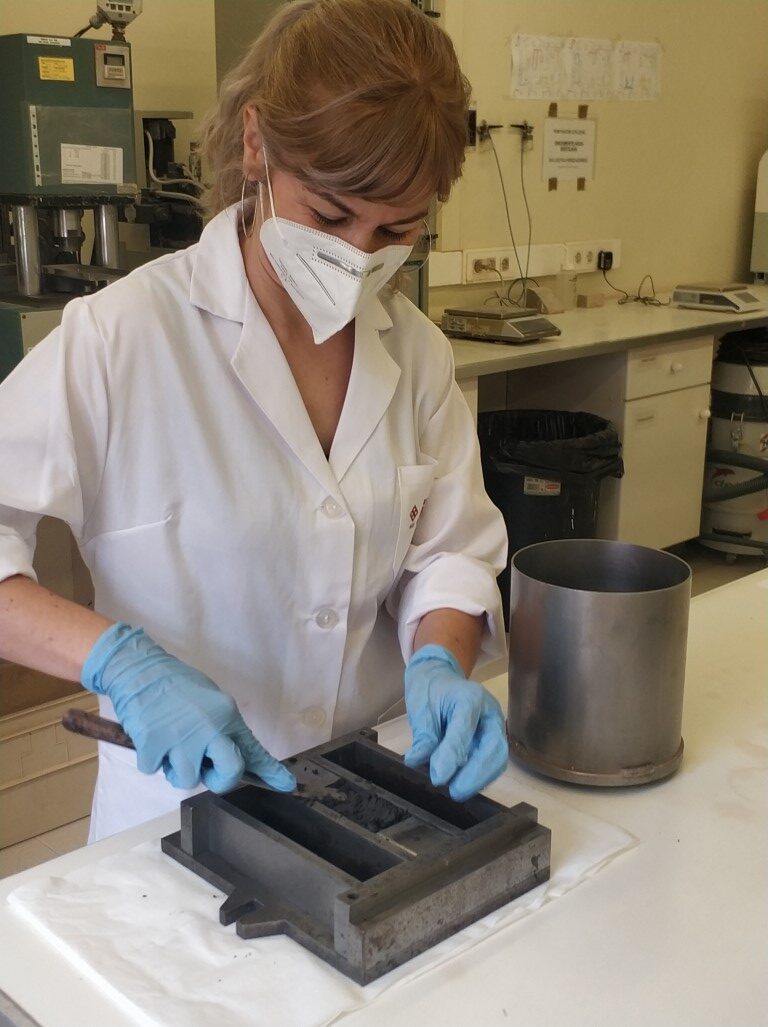
Durante el proyecto LIFE HYPOBRICK se fabricarán 1000 toneladas de ladrillos, lo que supondrá la reducción del 90% las emisiones de CO2, en concreto 184 toneladas, además del 100% de otros compuestos que se emiten a la atmósfera en este proceso, como los compuestos orgánicos volátiles (COVs) y el material particulado, además de disminuir en unas 800 toneladas el consumo de materias primas primarias como arcilla, fundentes y cuarzo.
Por otra parte, hay que contemplar también la importante gestión de residuos, que actualmente están siendo caracterizados y evaluados, que serán reutilizados como materia prima para fabricar estos nuevos ladrillos, con lo cual, la acción se vincula a los principios de la economía circular. Además, estos nuevos ladrillos sin cocción también se podrían replicar en un futuro a otros materiales como azulejos, tejas, tuberías, losas, y otros no cerámicos como el hormigón y derivados, lo que representaría una reducción de más del 80% de las emisiones de gases efecto invernadero.
Con este proyecto se pretende impulsar a las industrias de fabricación de ladrillos, desde el punto de vista de la mitigación del cambio climático, hacia su transición a una economía hipocarbónica. En LIFE HYPOBRICK participan, bajo la coordinación del ITC, las empresas Ladrillos Mora, S.L.; Recycling, Consulting & Services, S.L. (RCS) Schlagmann Poroton GmbH & Co. y la Universidad de Nüremberg (Technische Hochschule Nürnberg).
More information.
ITC promotes the circular economy and the fight against climate change with LIFE HYPOBRICK
- LIFE HYPOBRICK will implement a new manufacturing process by producing new bricks for construction using waste as a raw material and using technologies that eliminate the firing stage and greenhouse gases emissions.
- The partners of LIFE HYPOBRICK are In LIFE HYPOBRICK are the companies Ladrillos Mora, S.L.; Recycling, Consulting & Services, S.L. (RCS) Schlagmann Poroton GmbH & Co. and the University of Nuremberg (Technische Hochschule Nürnberg) under the coordination of ITC.
Castellón, 1st July 2020.- The at the Institute of Ceramic Technology (ITC), as coordinator of the European LIFE HYPOBRICK project, is firmly committed to the implementation of the circular economy and the fight against the negative effects of climate change with the development of the European LIFE HYPOBRICK project, co-financed by the LIFE Programme (LIFE 18/CCM/ES/001114) and with the support of the Instituto Valenciano de Competitividad Empresarial, (IVACE) of the Valencian Autonomous Government (Generalitat Valenciana-GVA).
The objective of the LIFE HYPOBRICK project is to develop building bricks made from waste, where the firing stage will not exist. As it is known, this stage consumes almost 90% of the energy used in the entire ceramic manufacturing process. For this reason, LIFE HYPOBRICK has developed a new process applying the process known as alkaline activation, by which the materials, instead of going through a firing stage, are «cured», thus saving that 90% of the energy consumed in the firing.
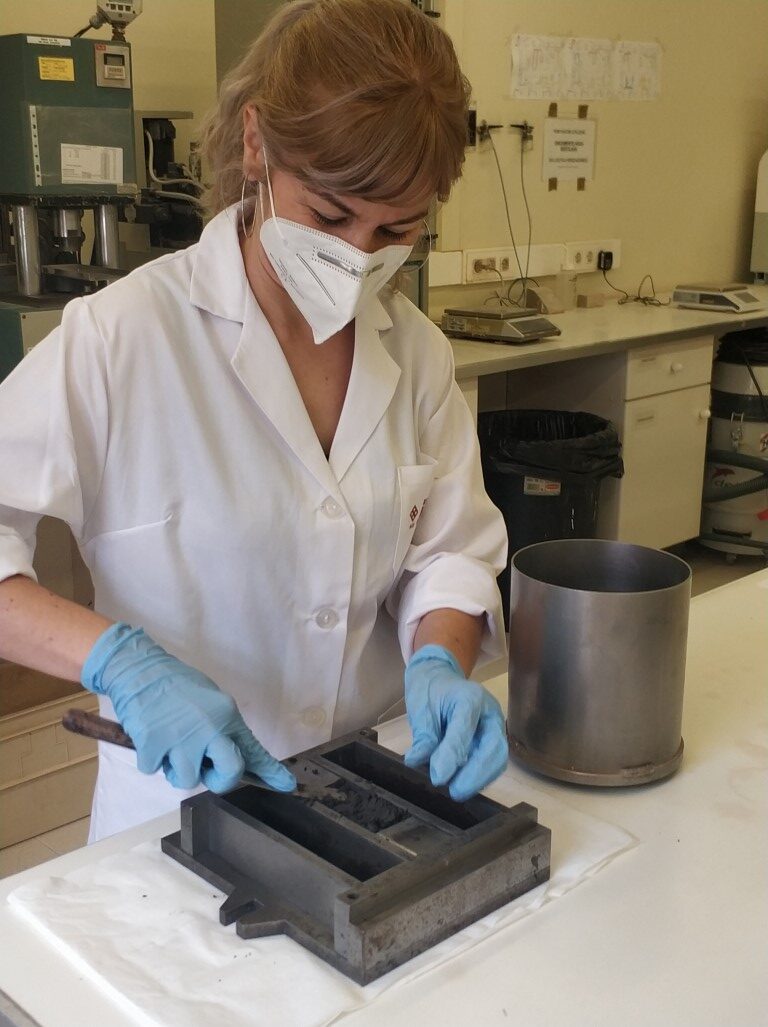
During the LIFE HYPOBRICK project, 1,000 tons of bricks will be manufactured, which will mean a 90% reduction in CO2 emissions, specifically 184 tons, in addition to 100% of other compounds that are emitted into the atmosphere in this process, such as volatile organic compounds (VOCs) and particulate matter, in addition to reducing the consumption of primary raw materials such as clay, fluxes and quartz by some 800 tons.
On the other hand, it is also necessary to consider the important management of waste, which is currently being characterized and evaluated, which will be reused as raw material to manufacture these new bricks, thus, the action is linked to the principles of the circular economy. In addition, these new unfired bricks could also be replicated in the future to other materials such as tiles, roof tiles, pipes, slabs, and other non-ceramic materials such as concrete and derivatives, which would represent a reduction of more than 80% of greenhouse gases emissions.
This project is intended to drive the brick-making industries, from the point of view of climate change mitigation, towards their transition to a low-carbon economy. LIFE HYPOBRICK includes in the team, under the coordination of ITC, the companies Ladrillos Mora, S.L.; Recycling, Consulting & Services, S.L. (RCS); Schlagmann Poroton GmbH & Co. and the University of Nuremberg (Technische Hochschule Nürnberg).
More info:






















